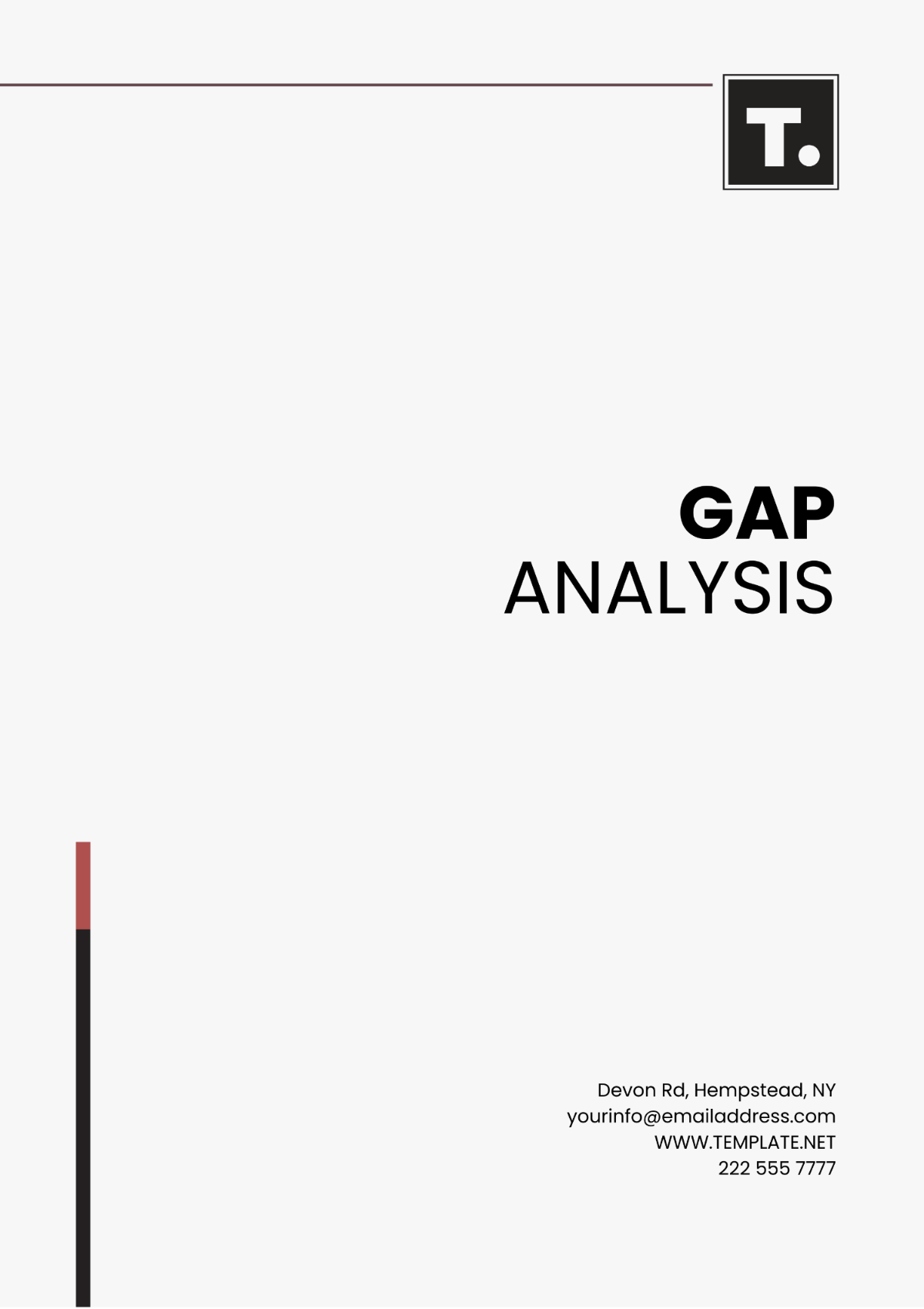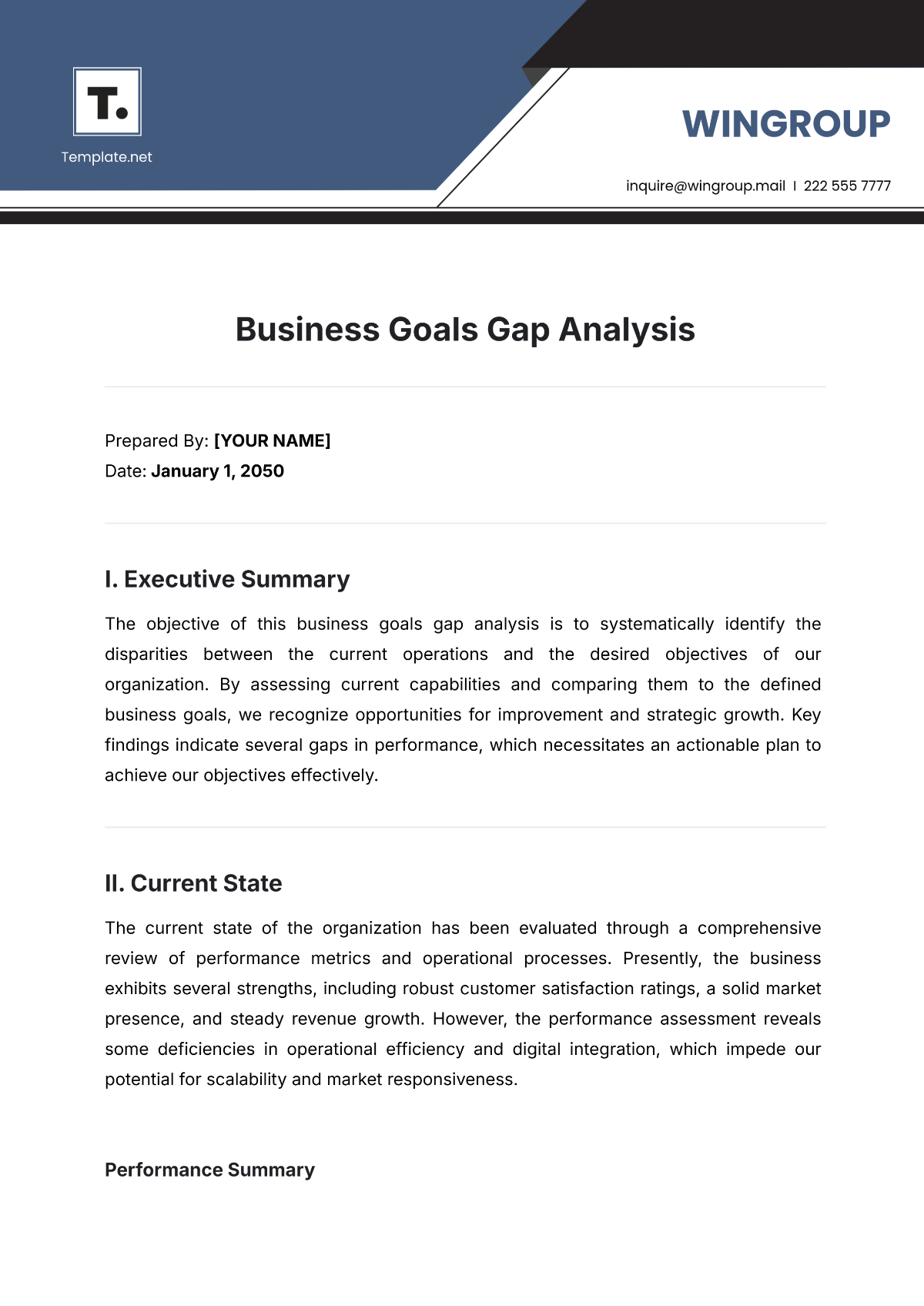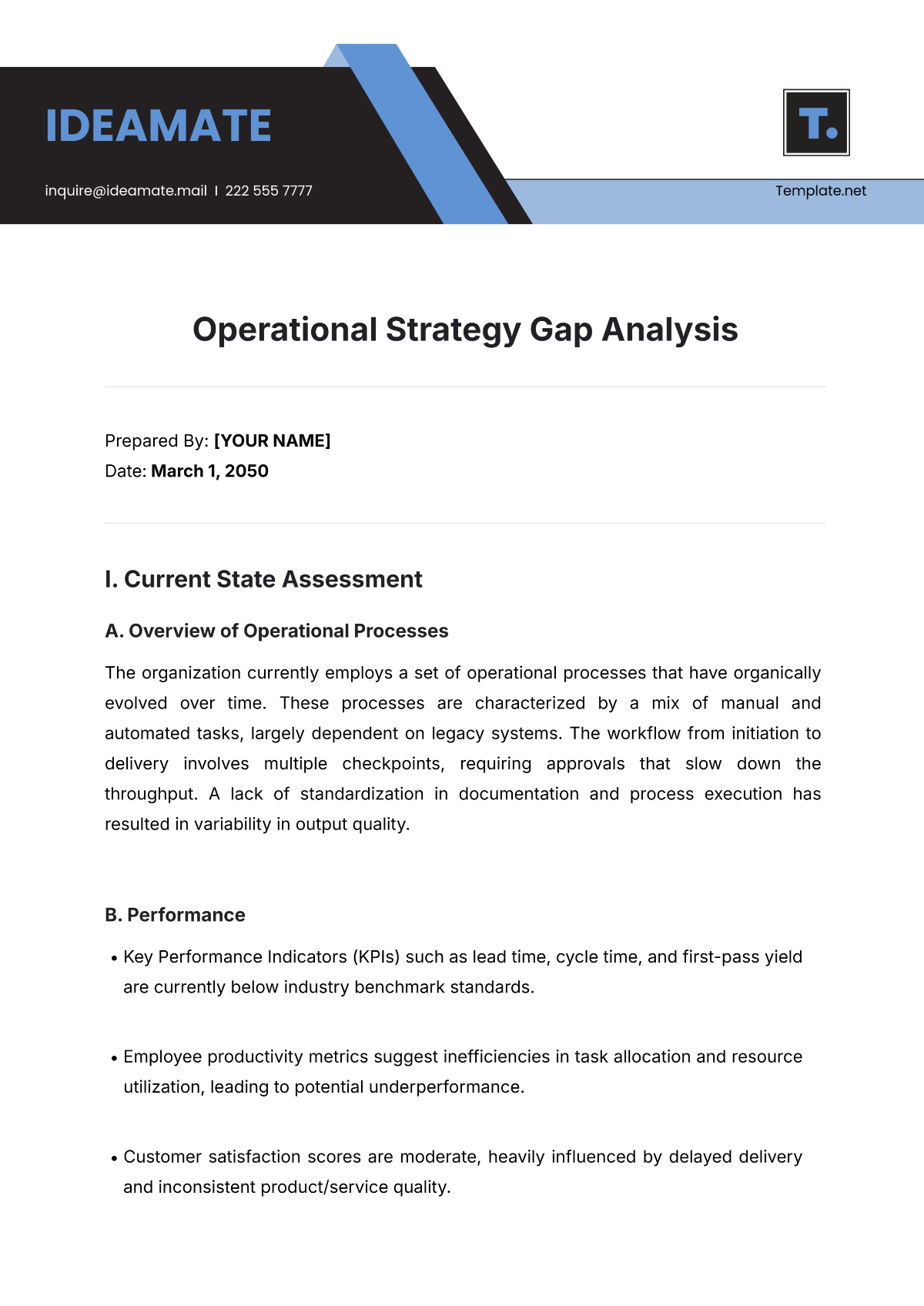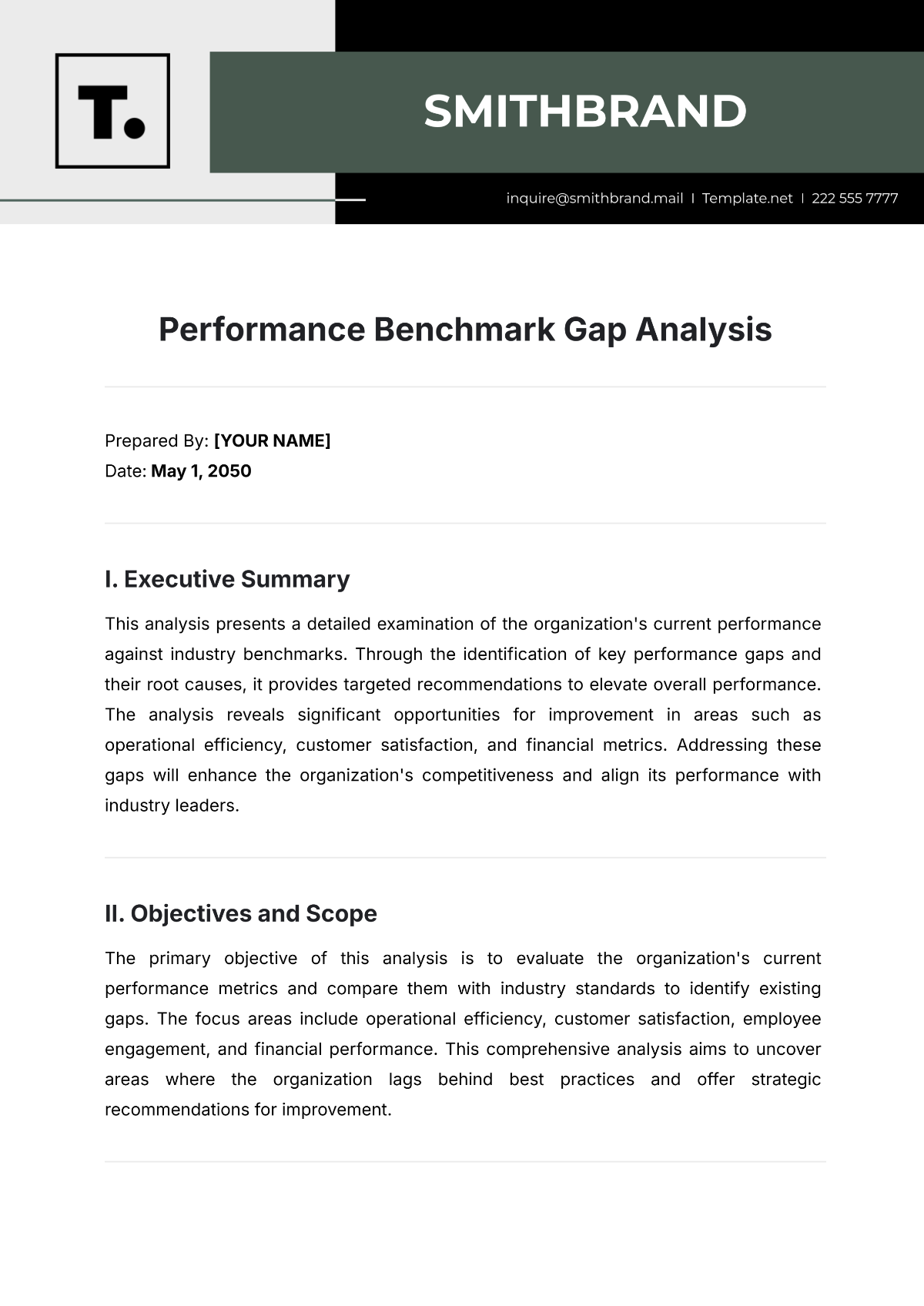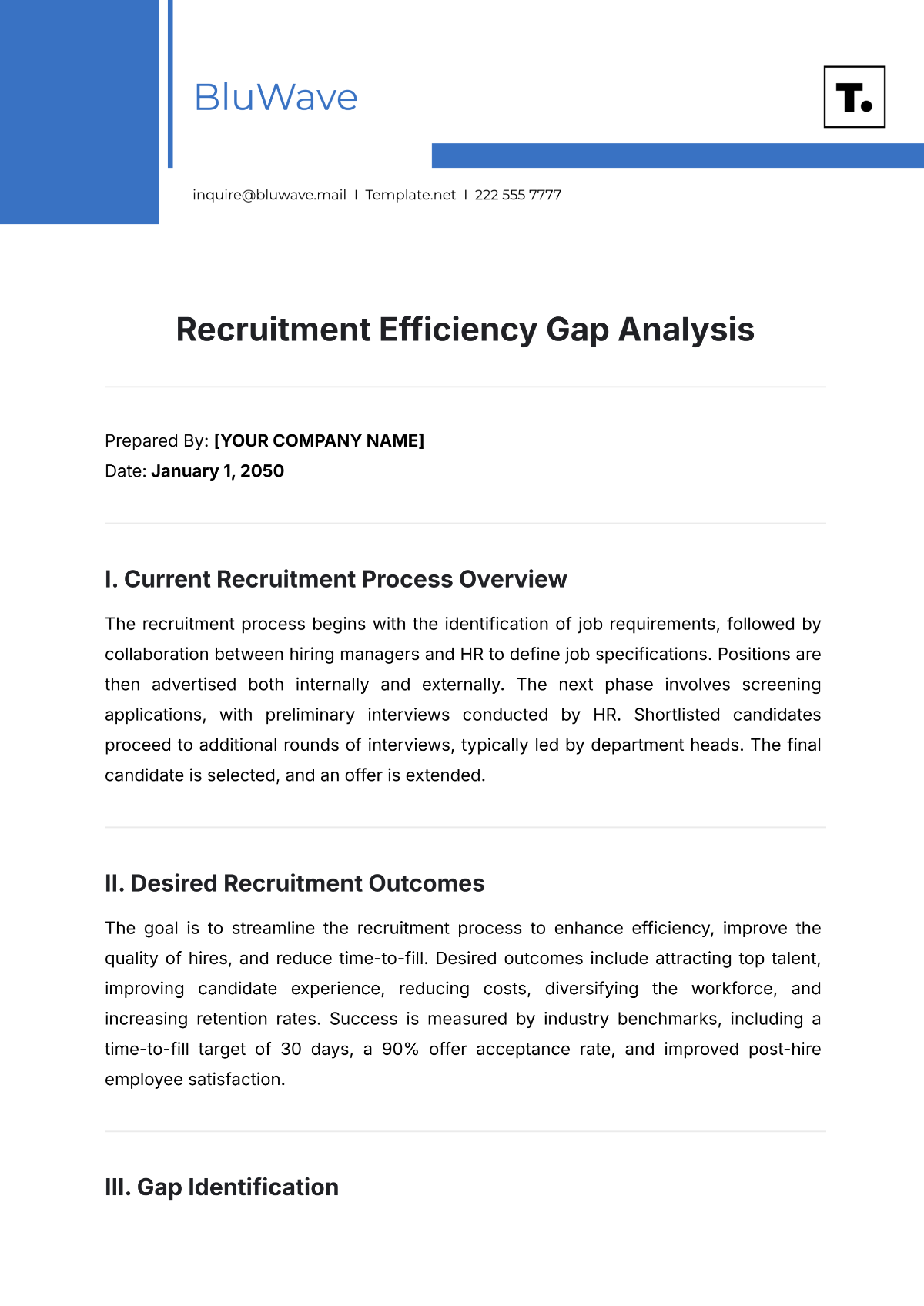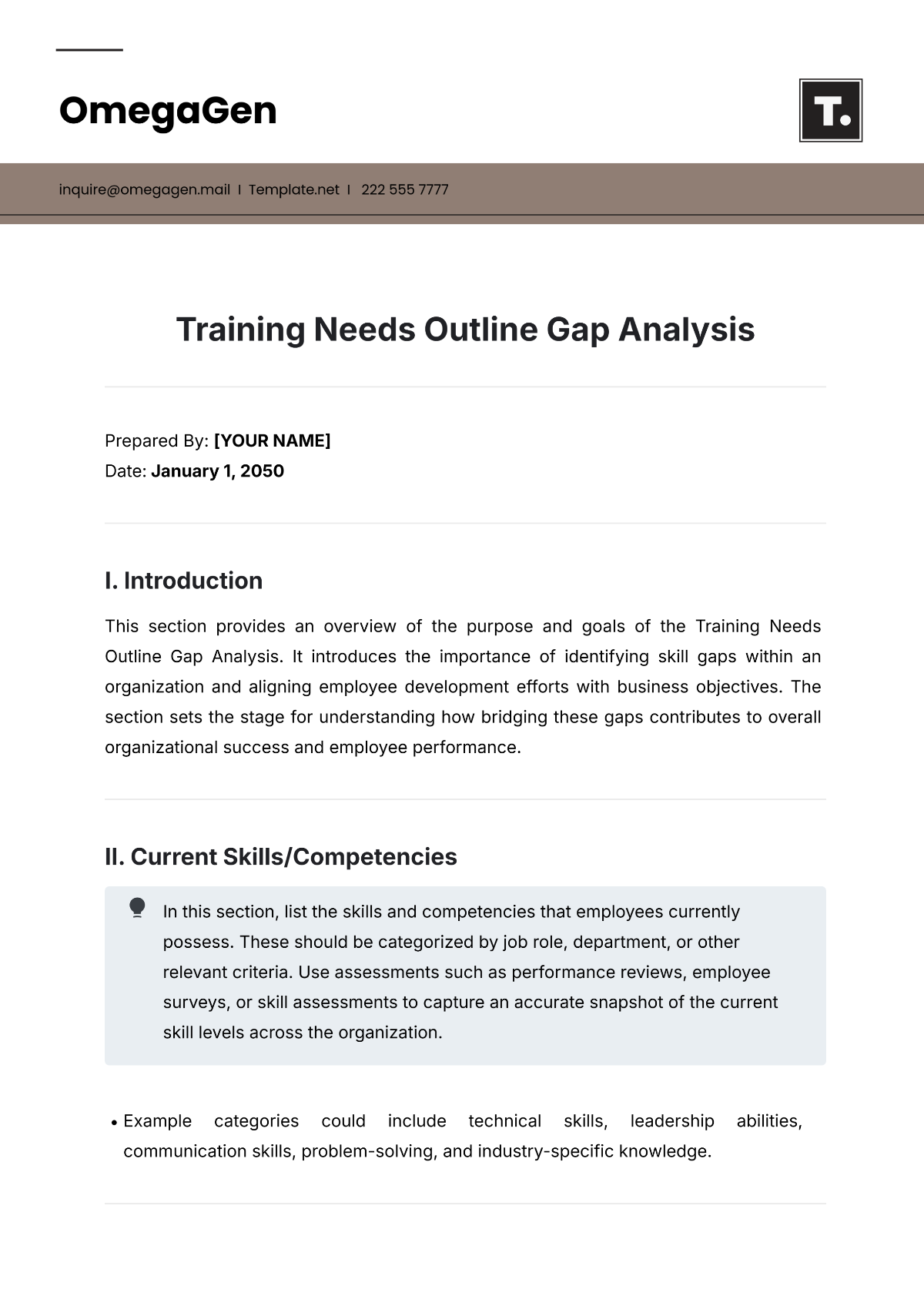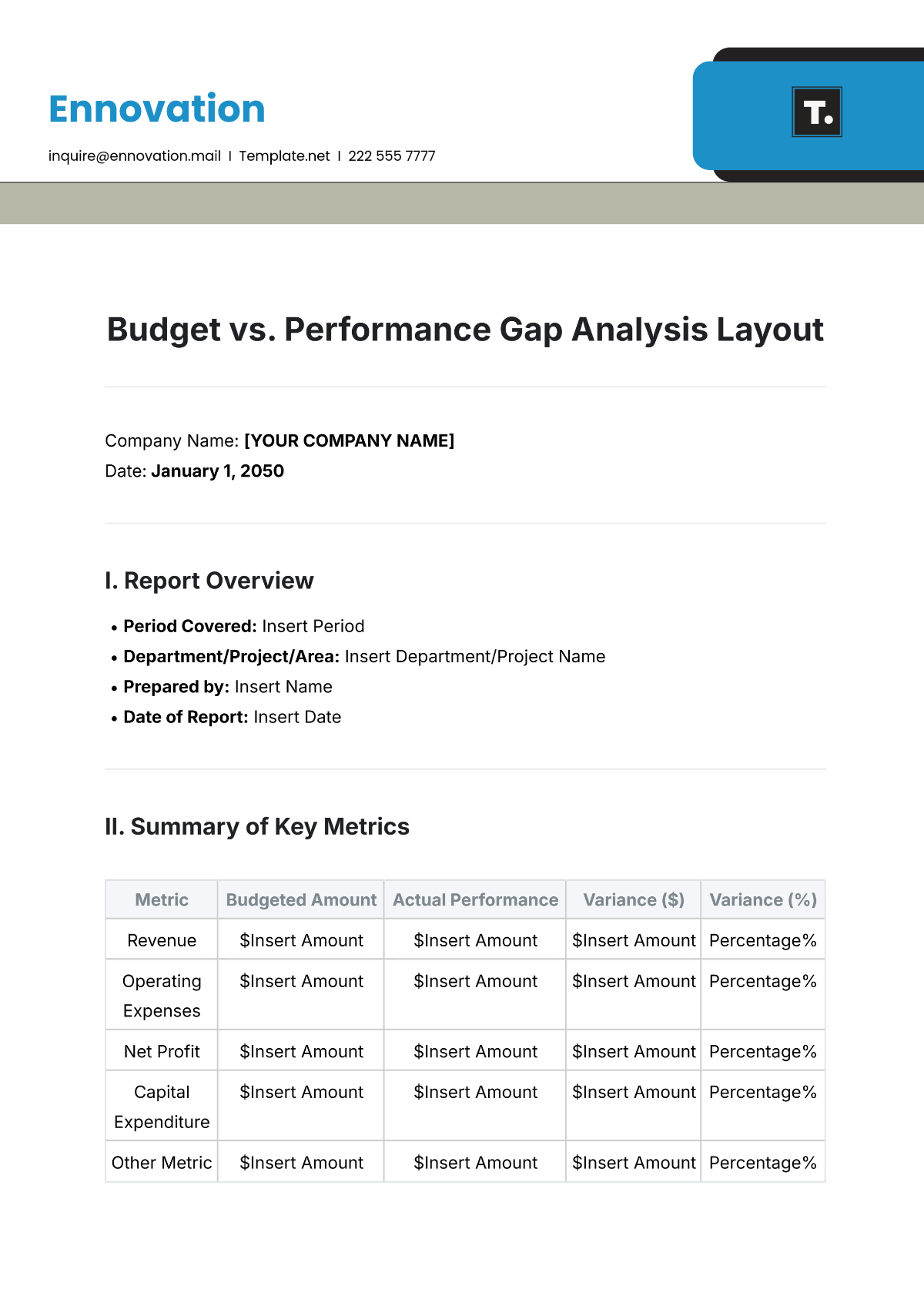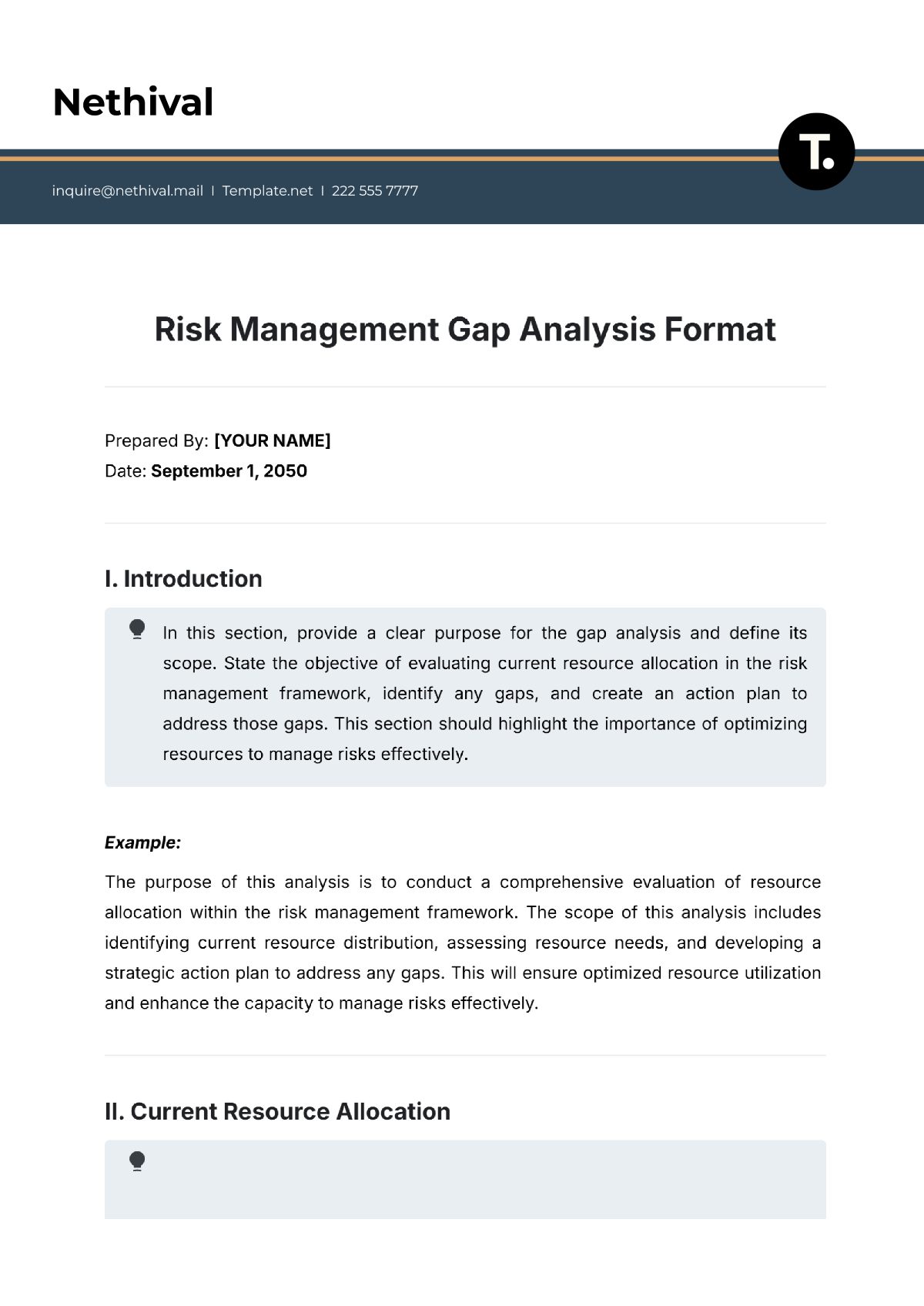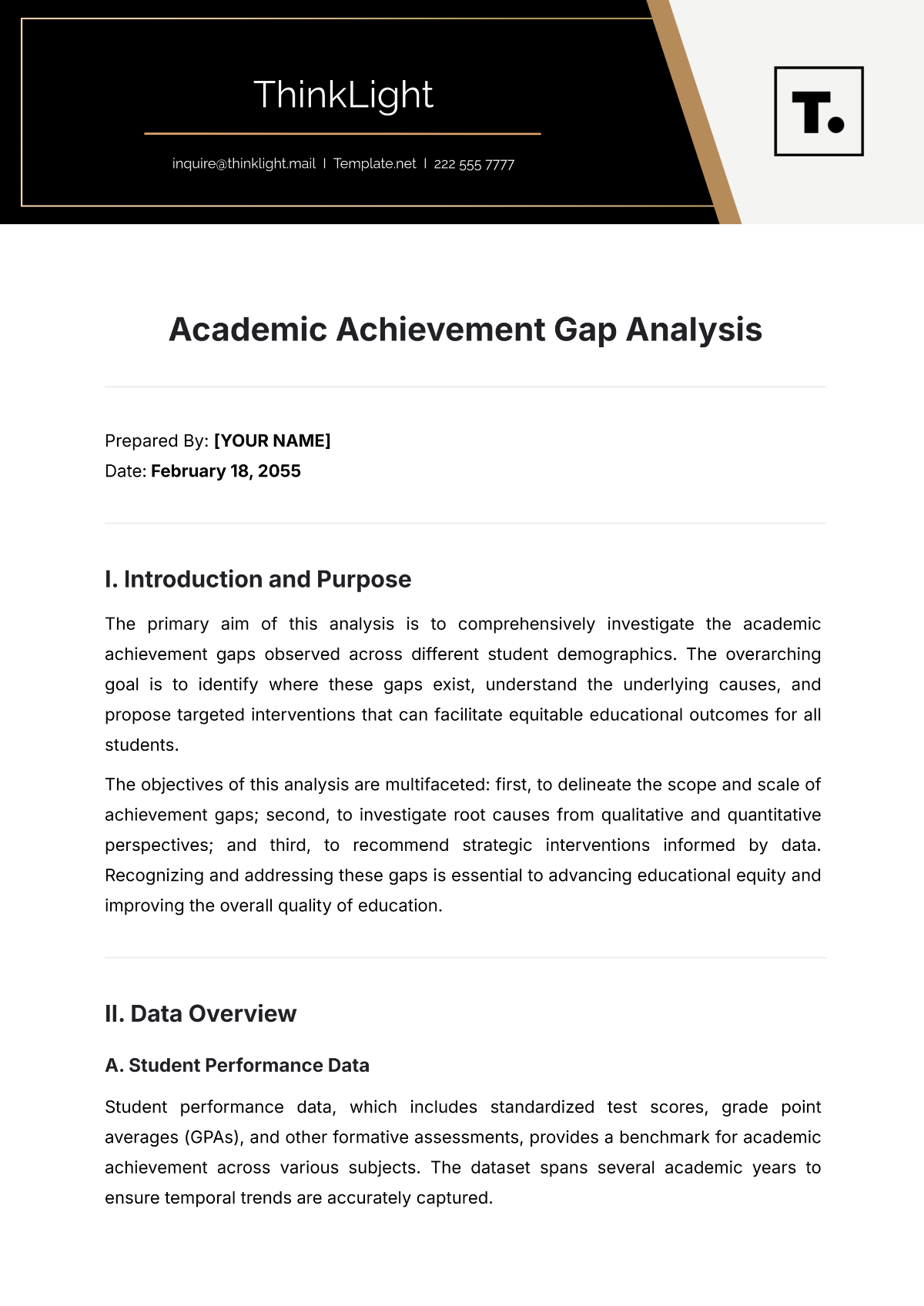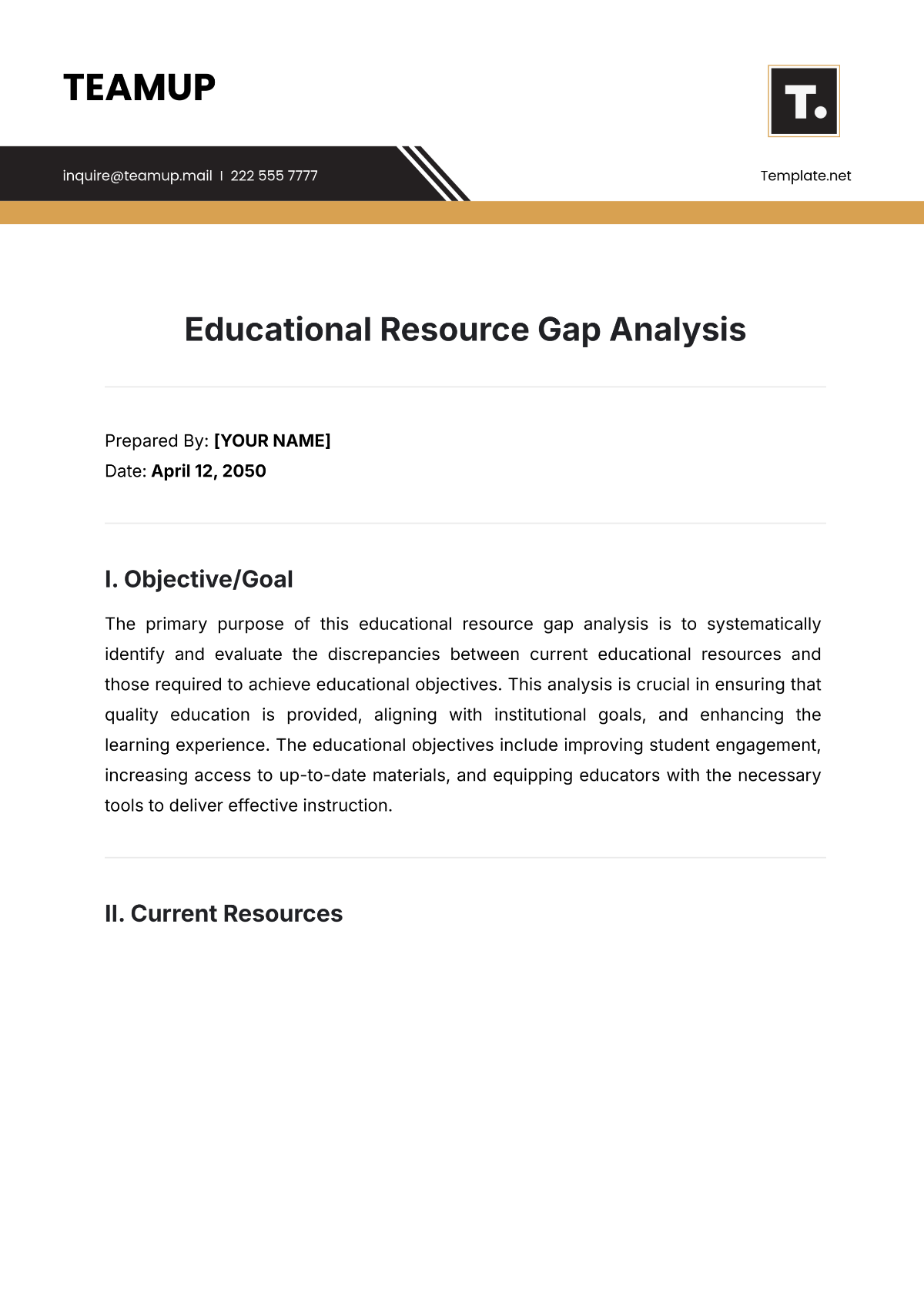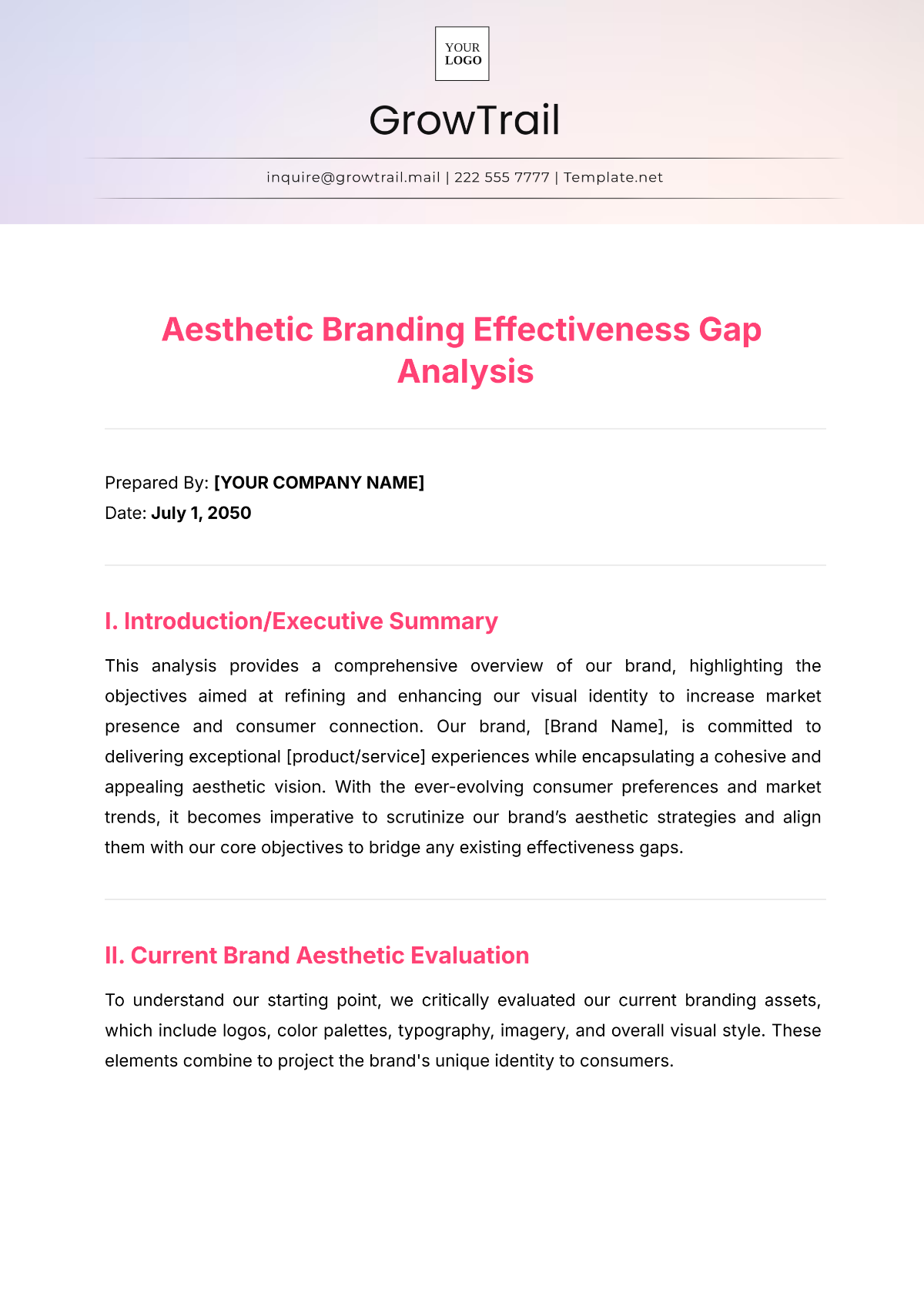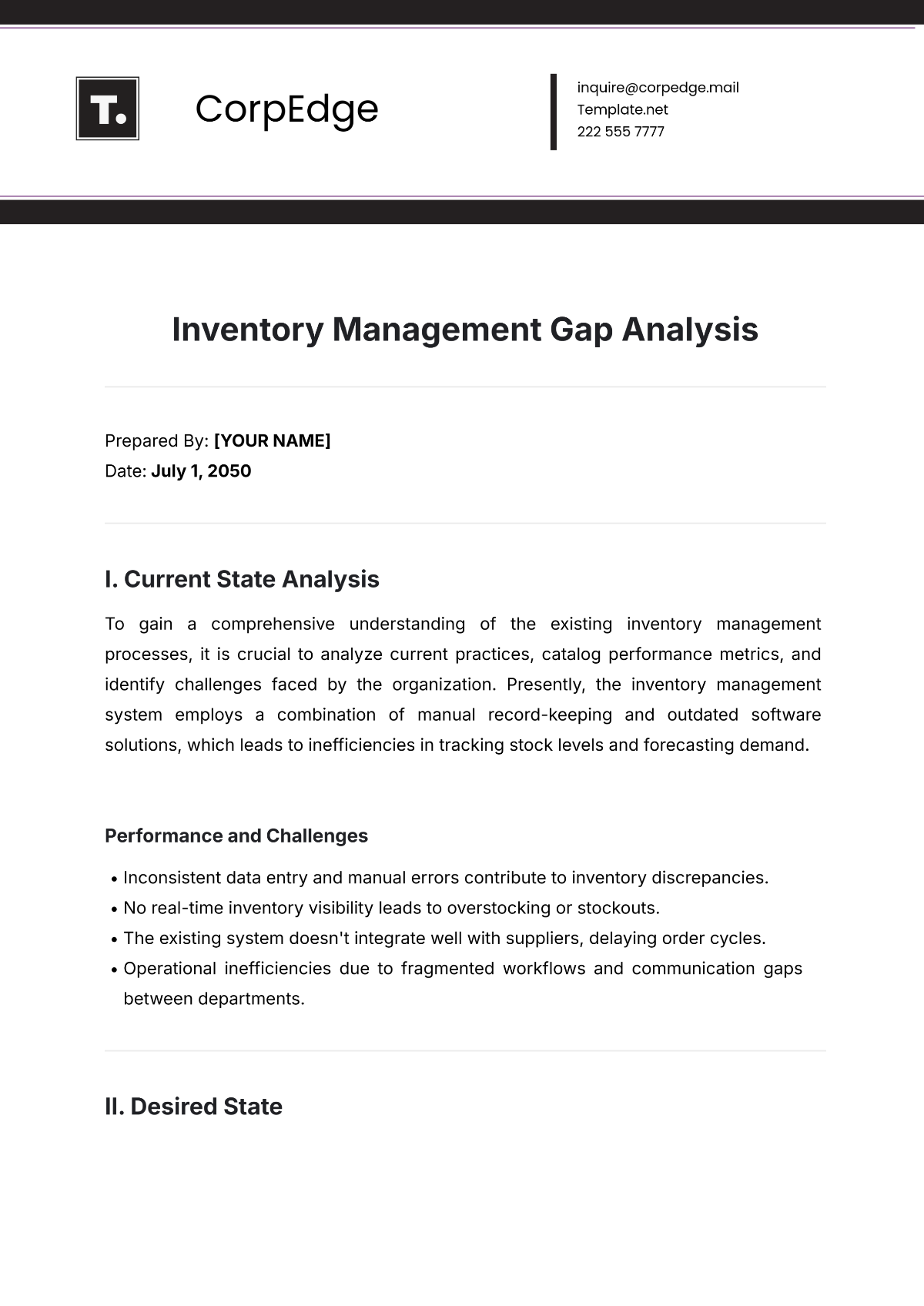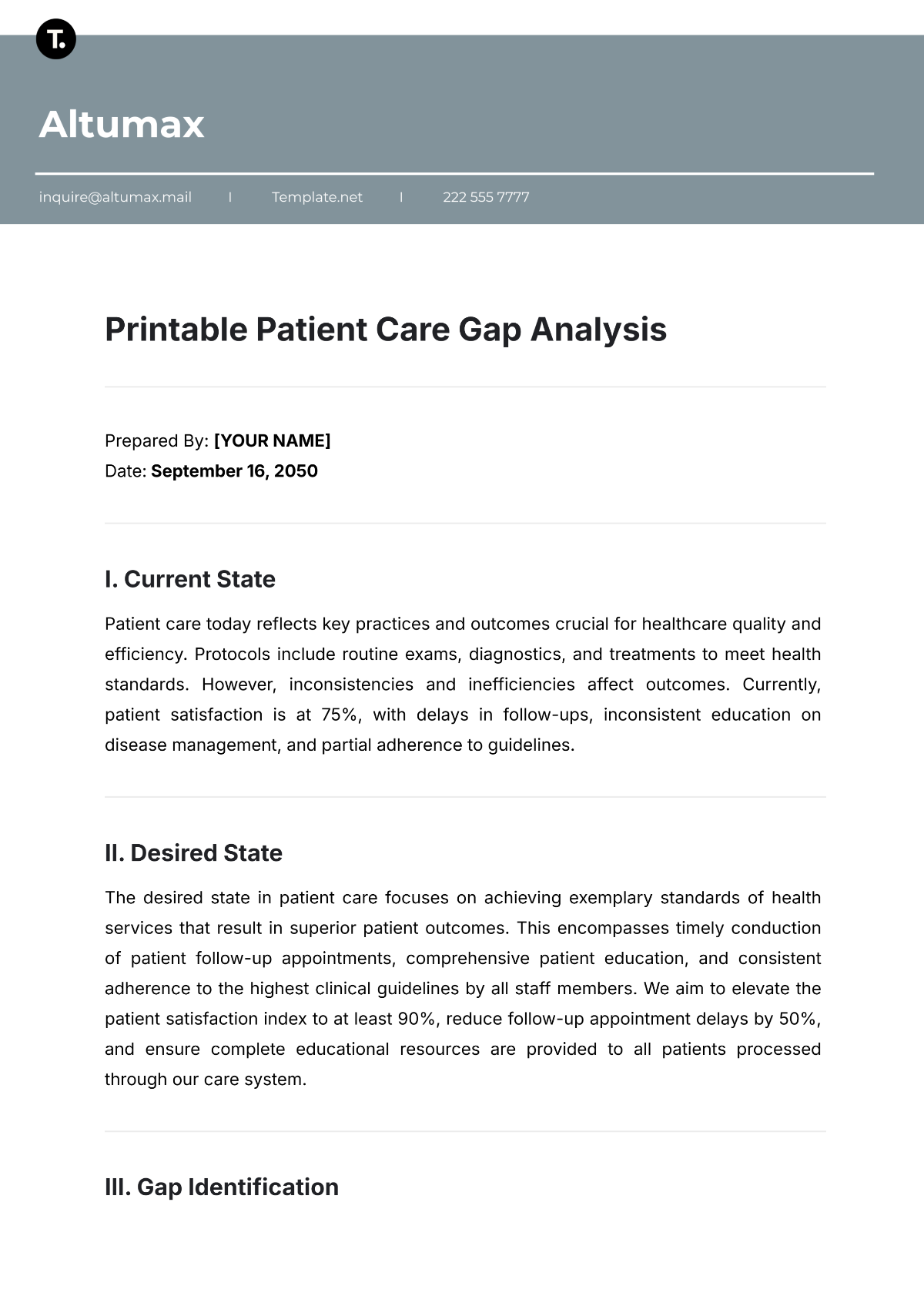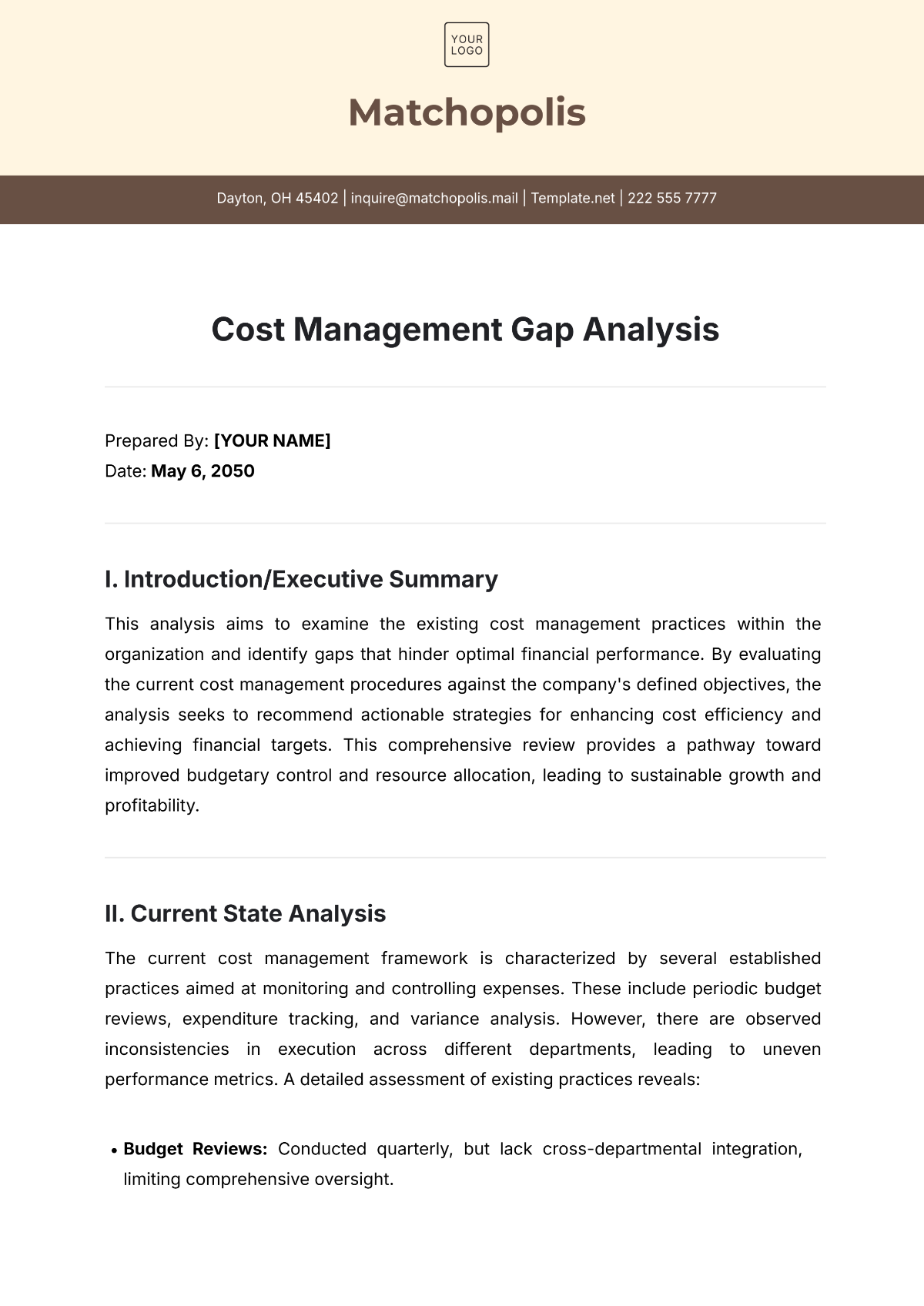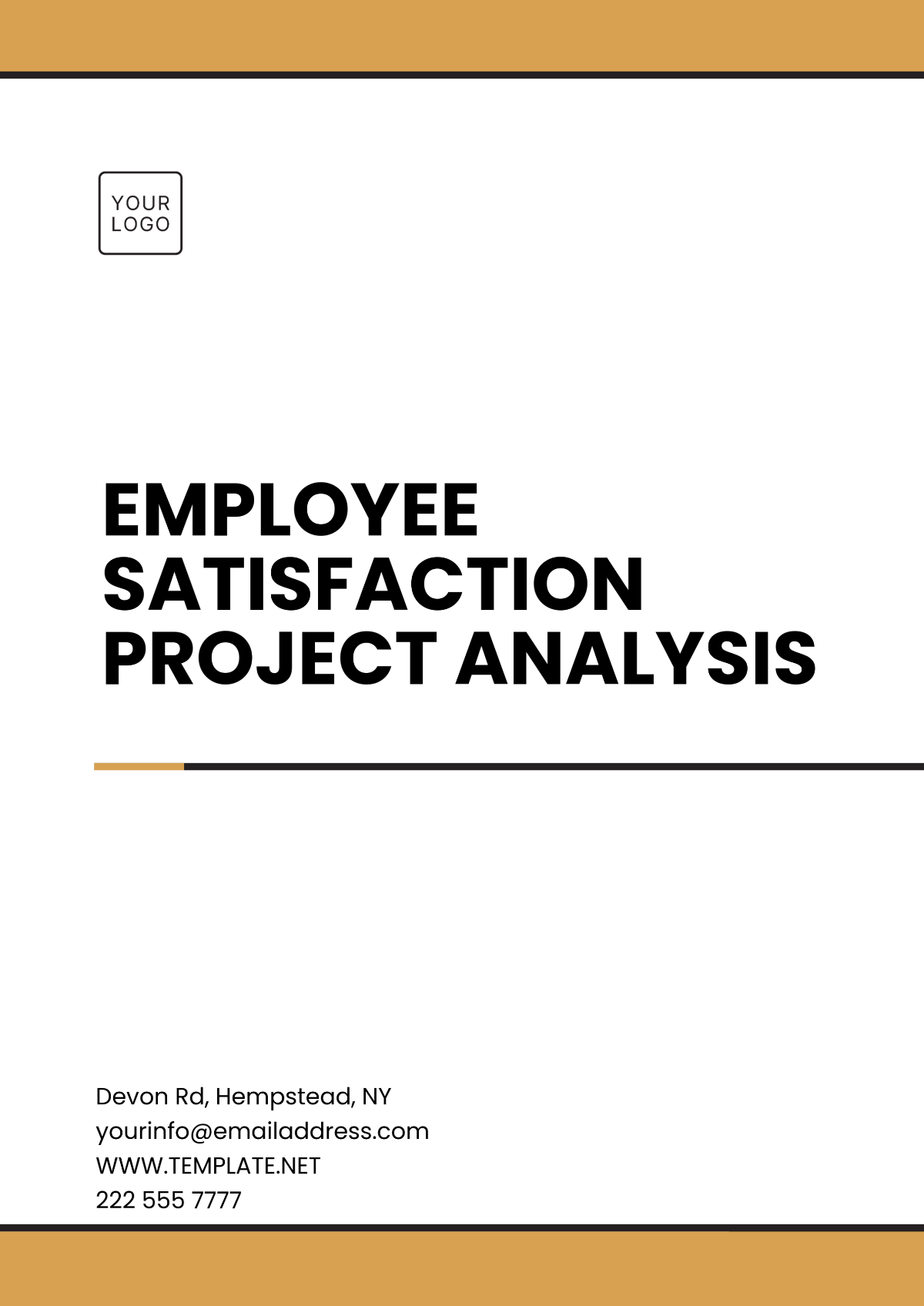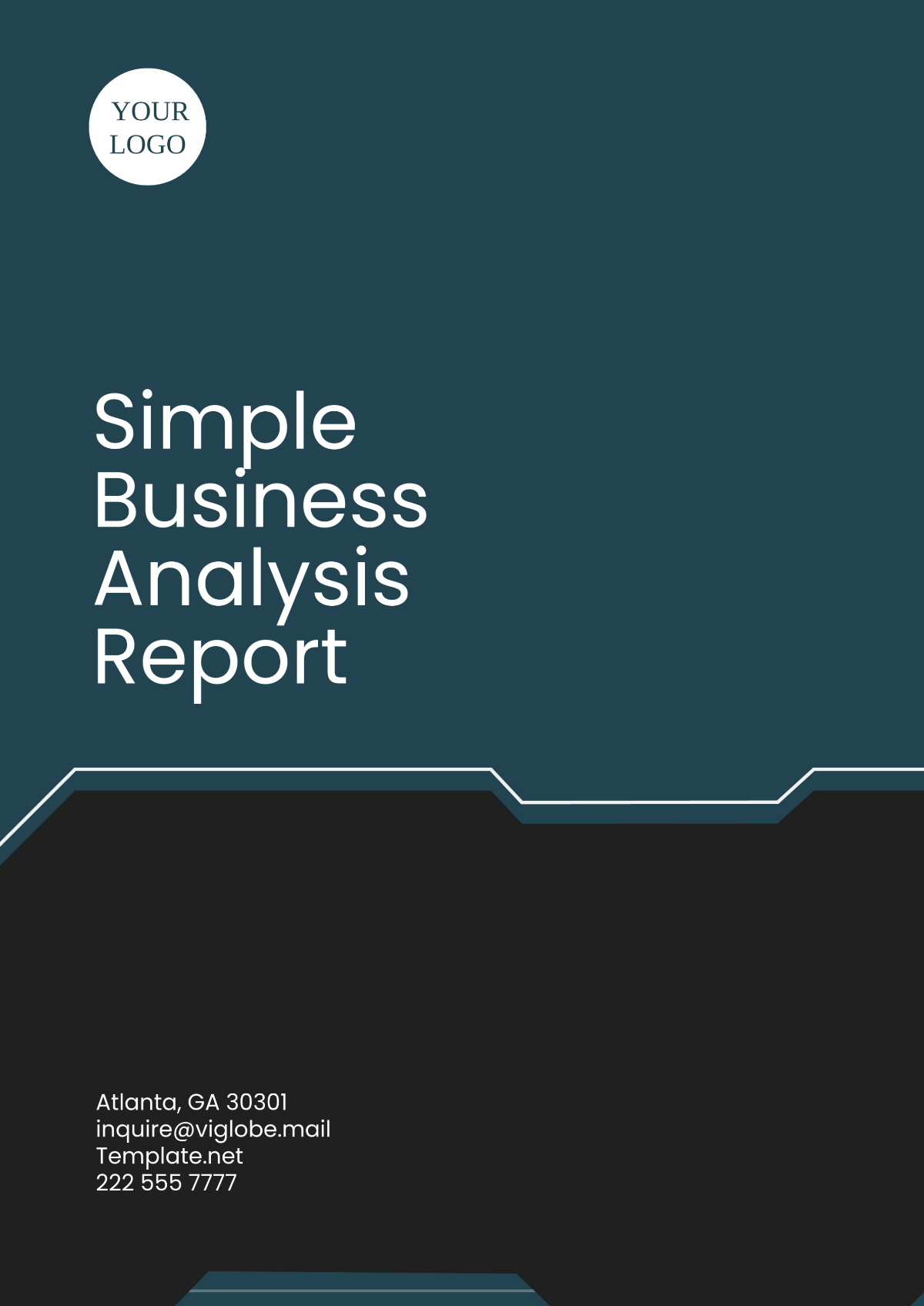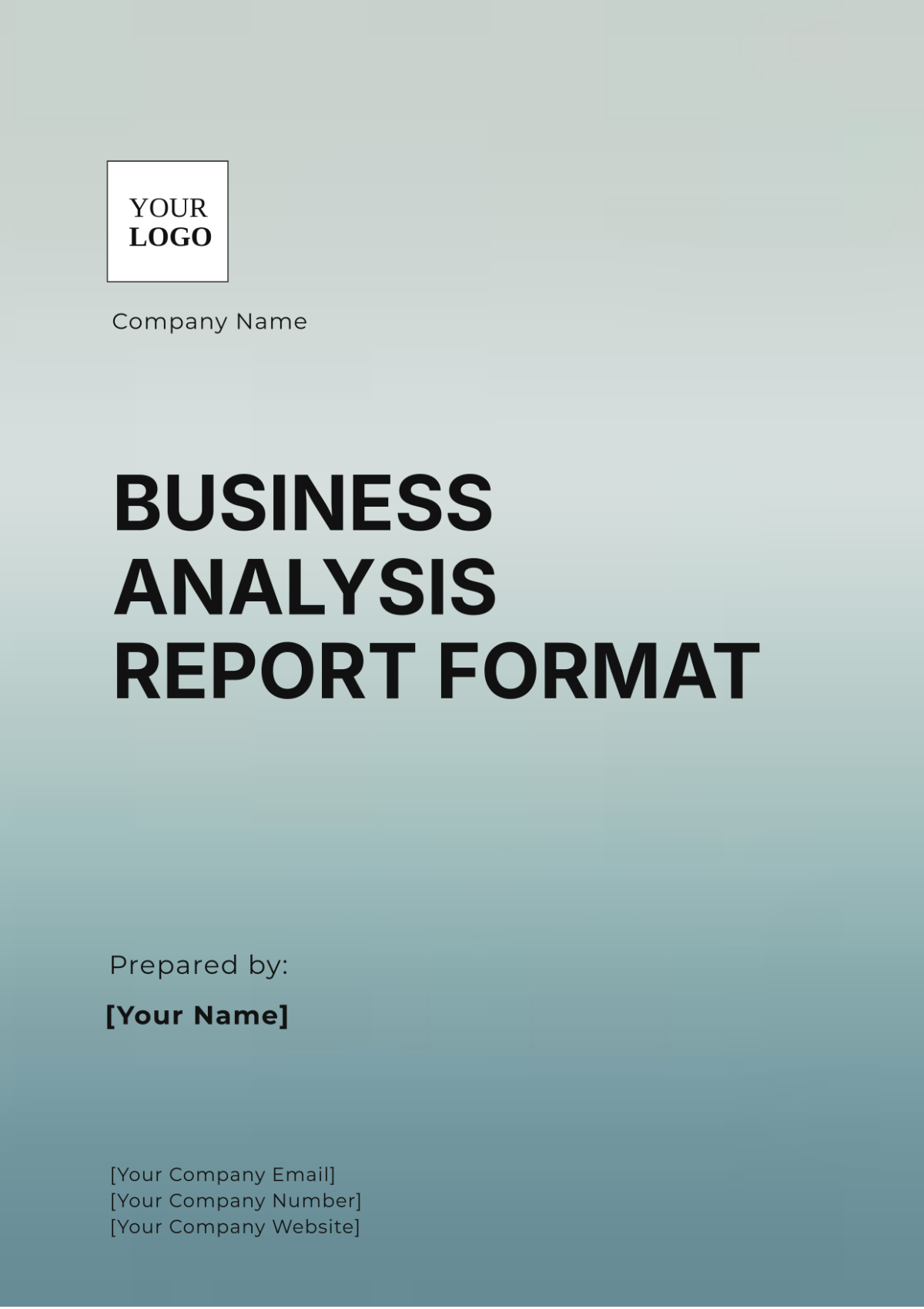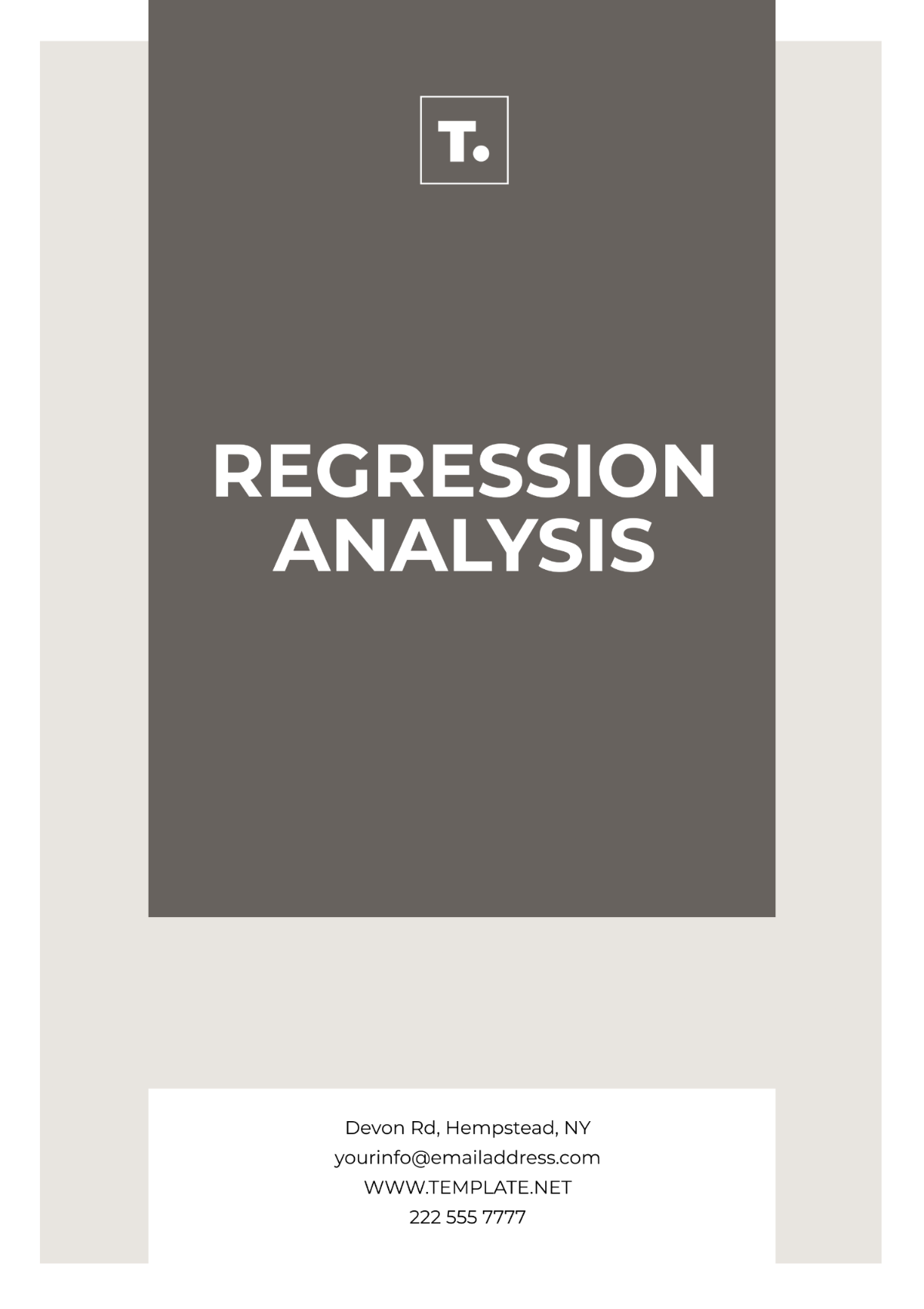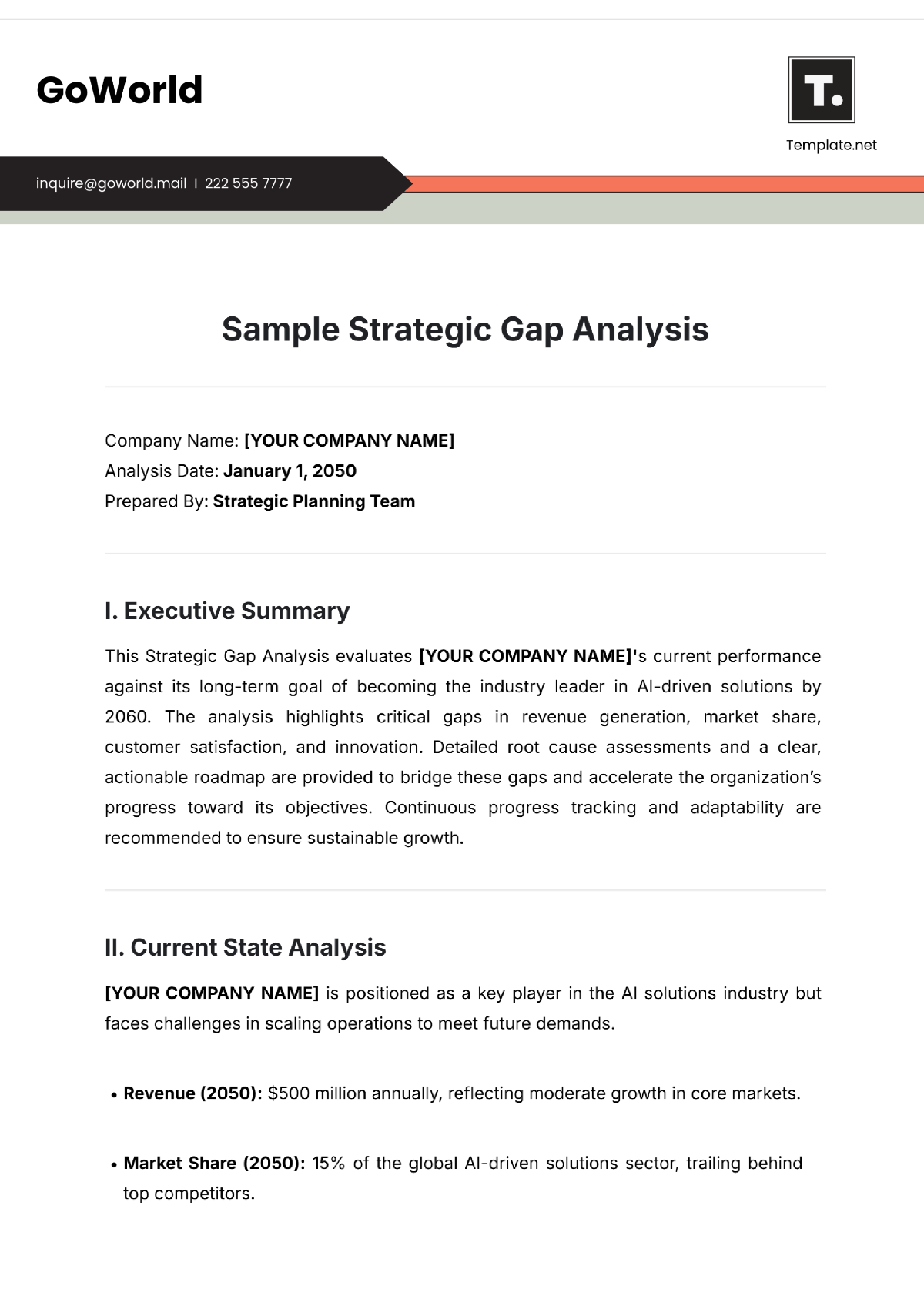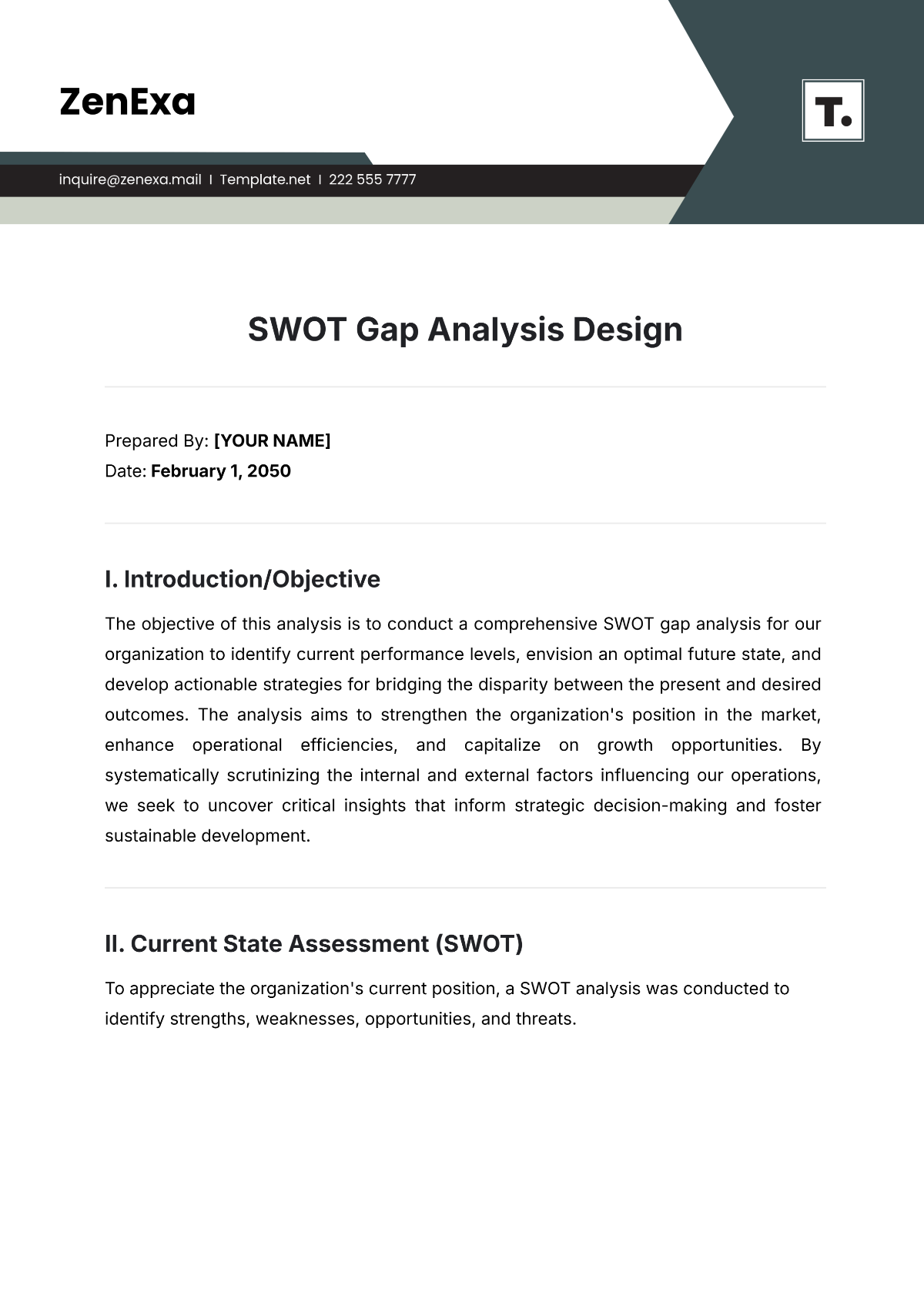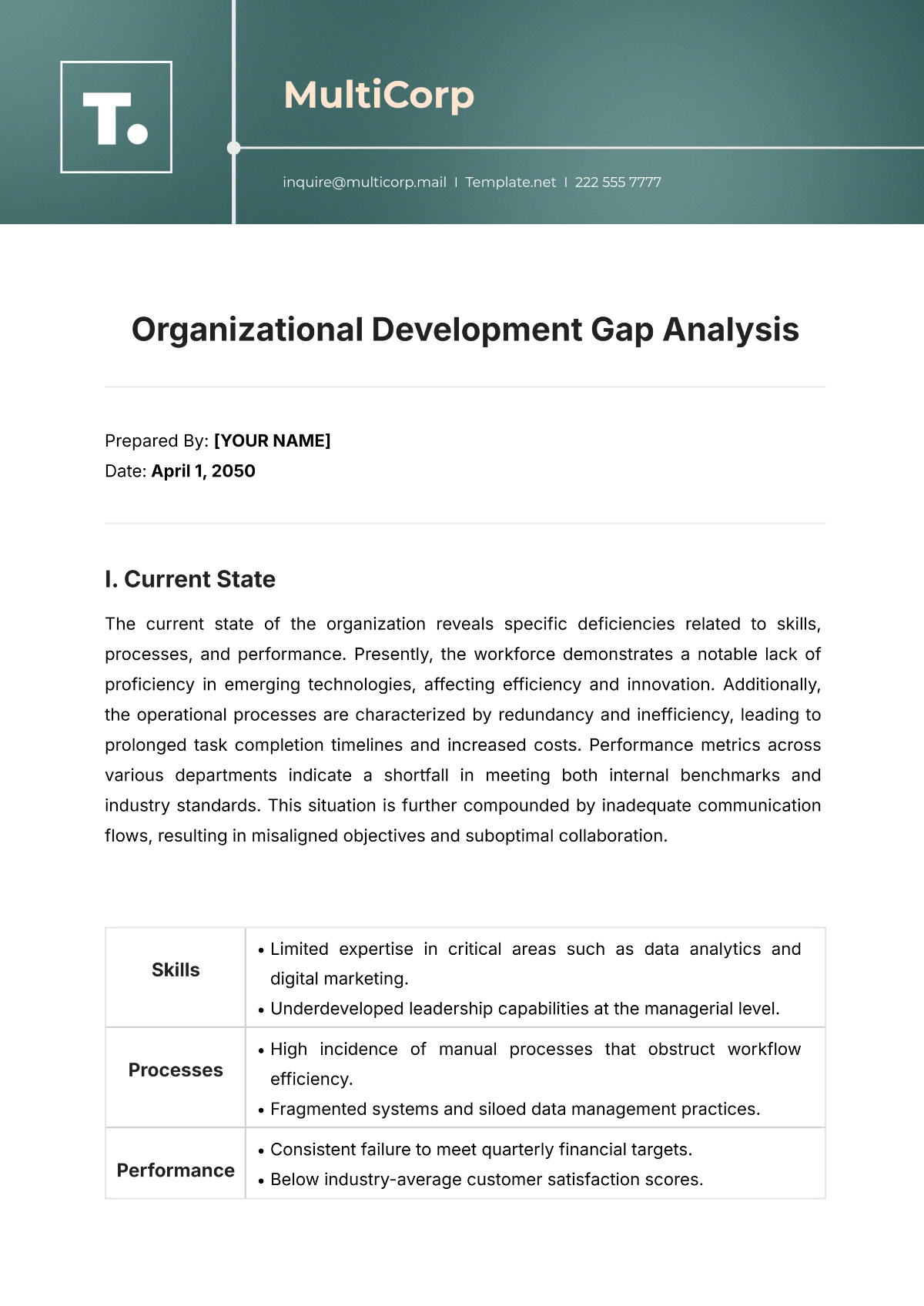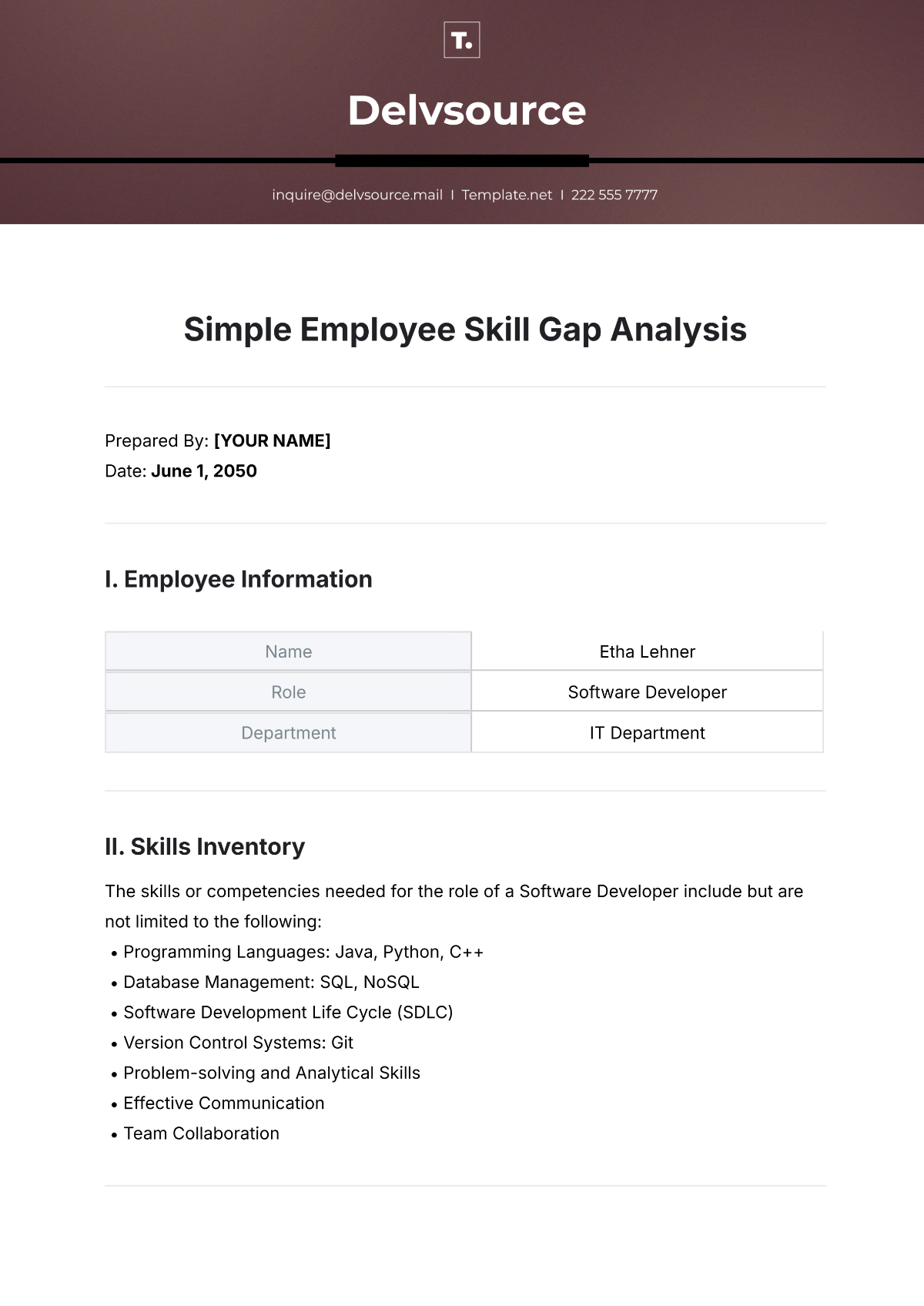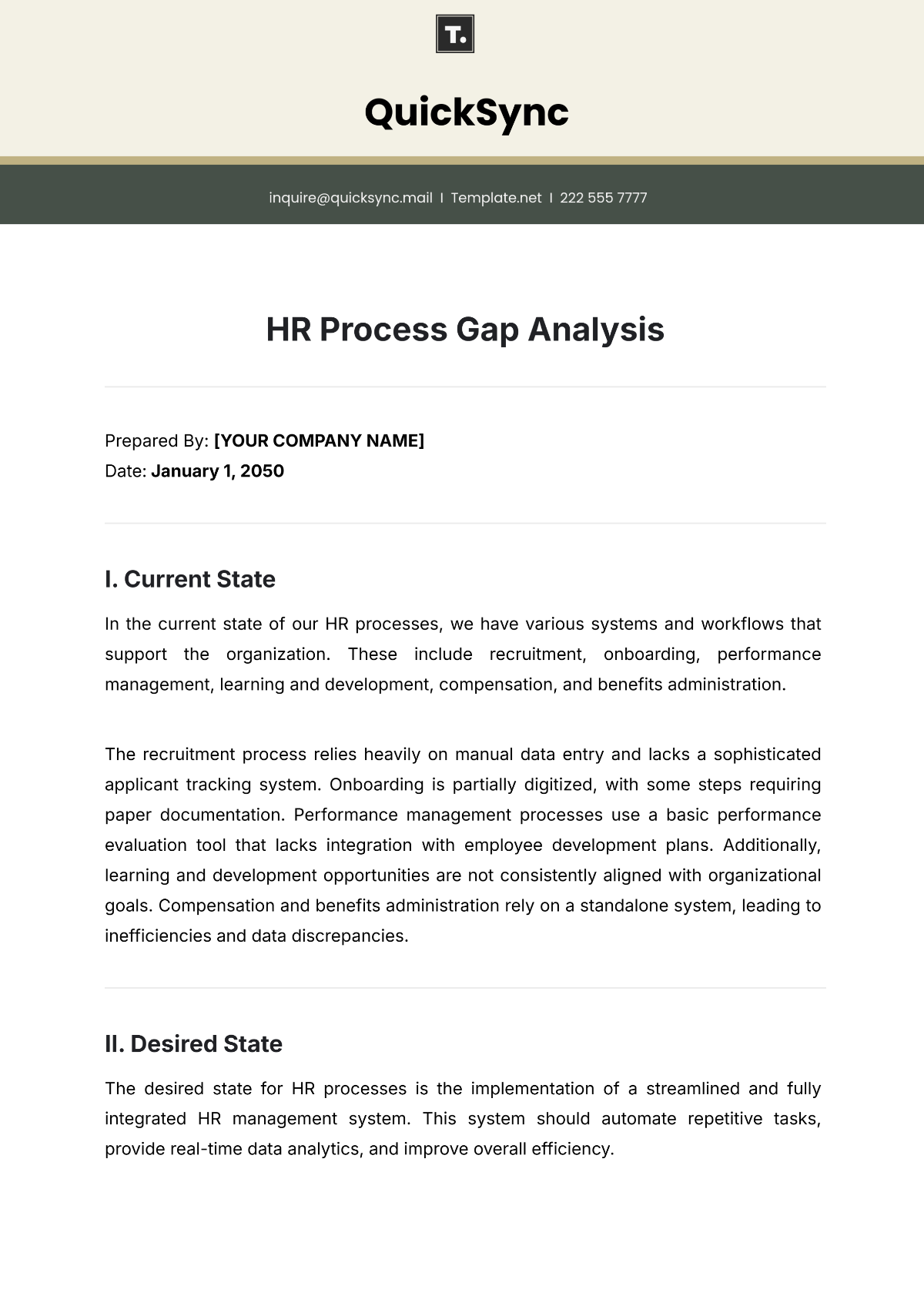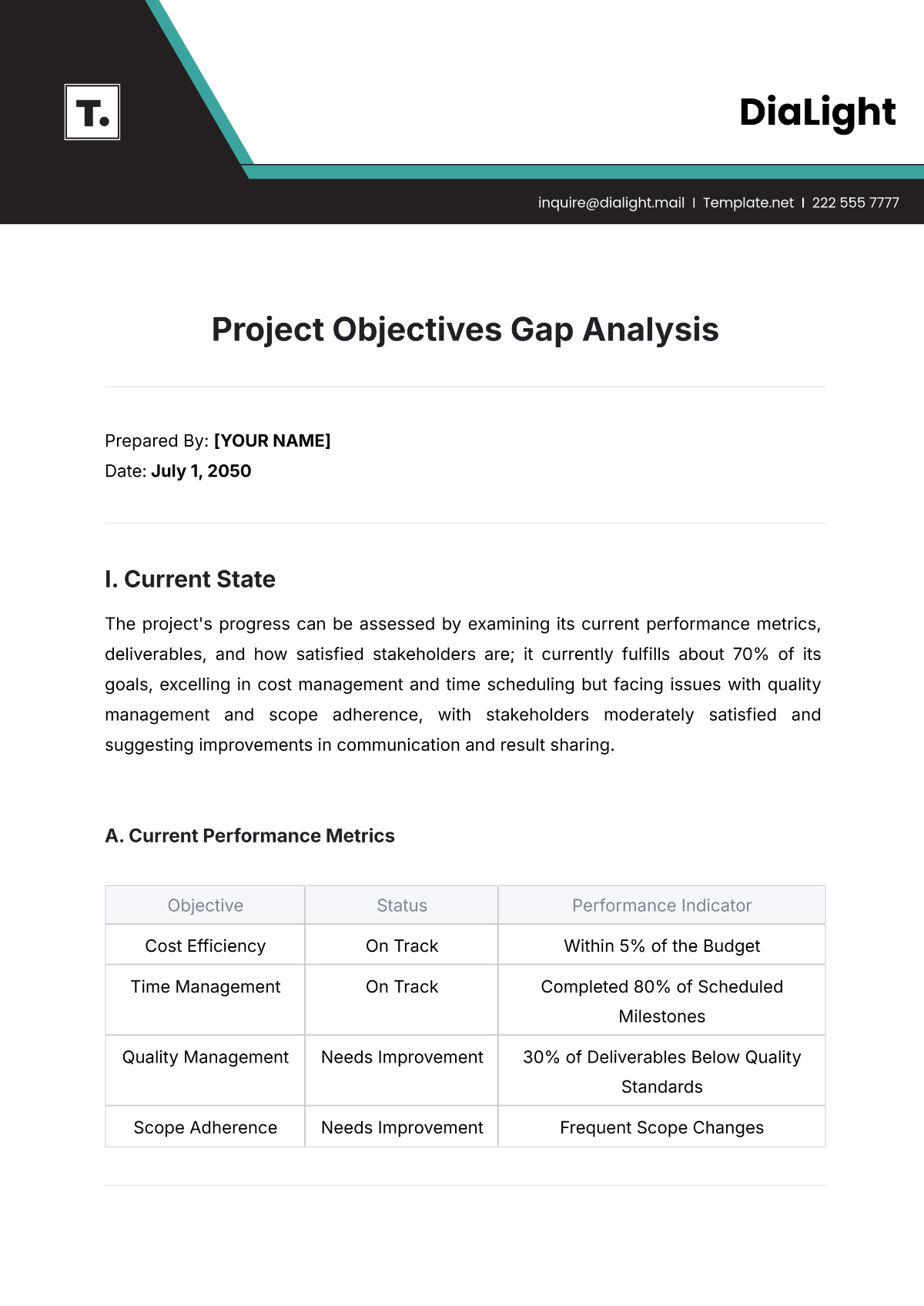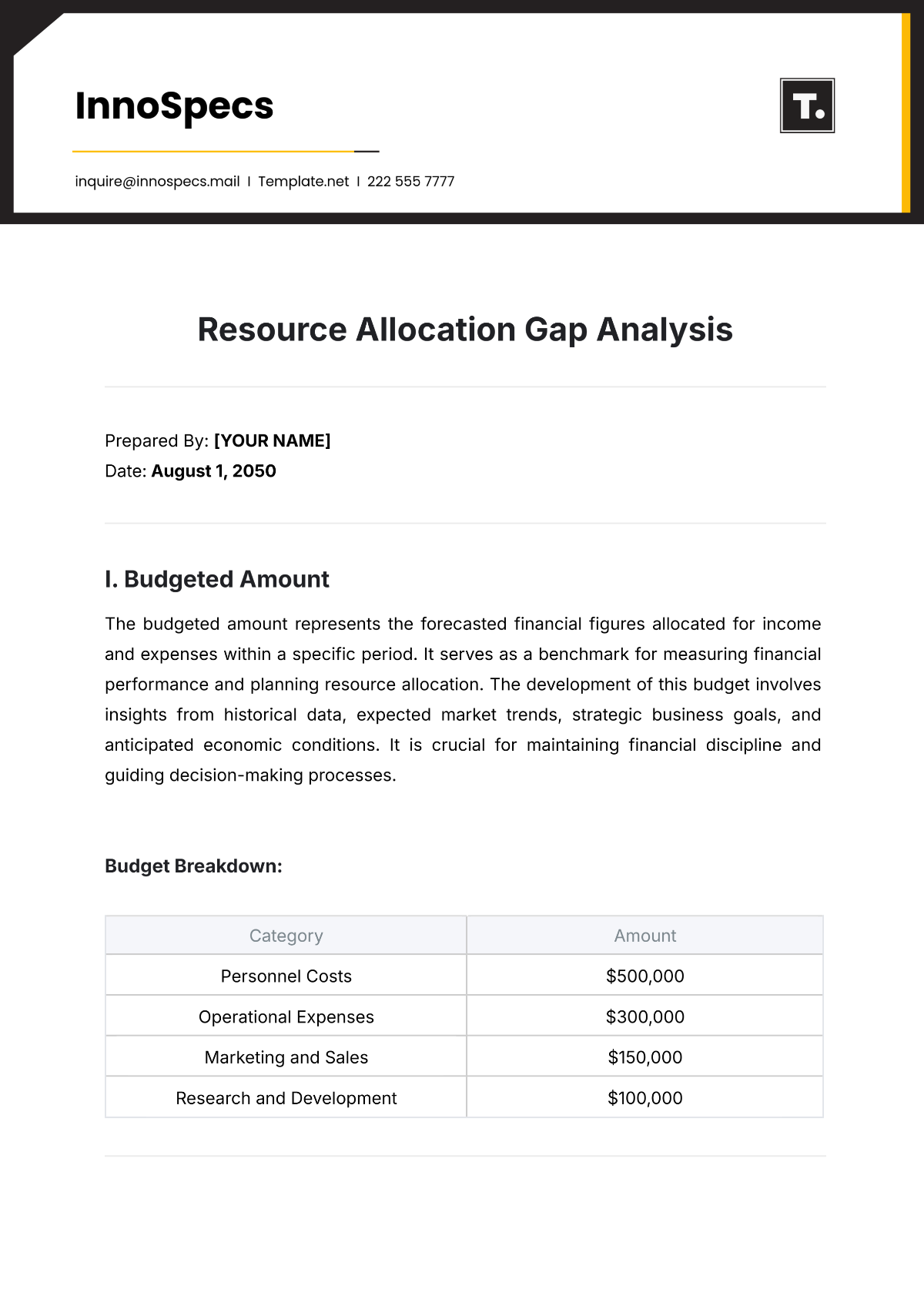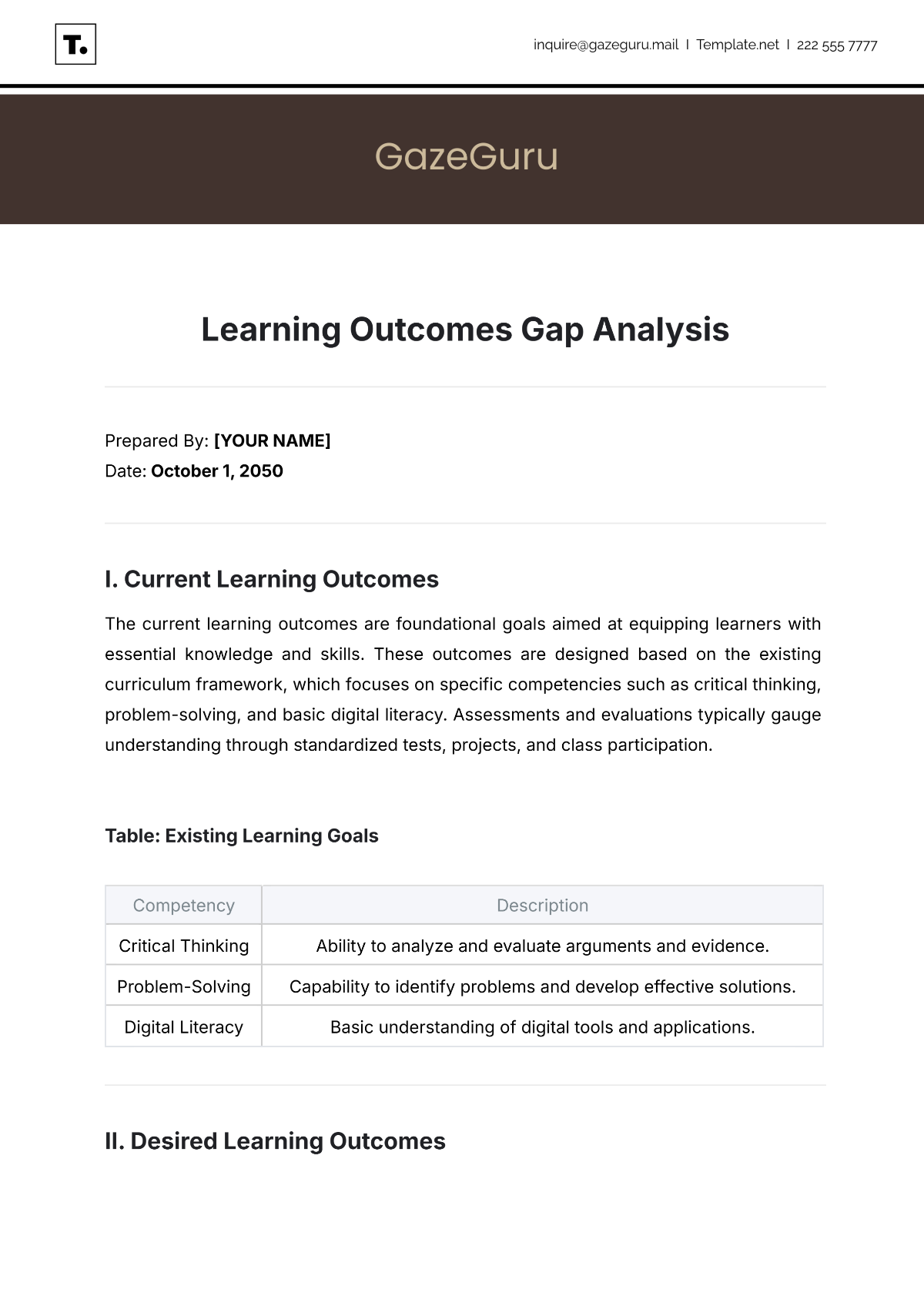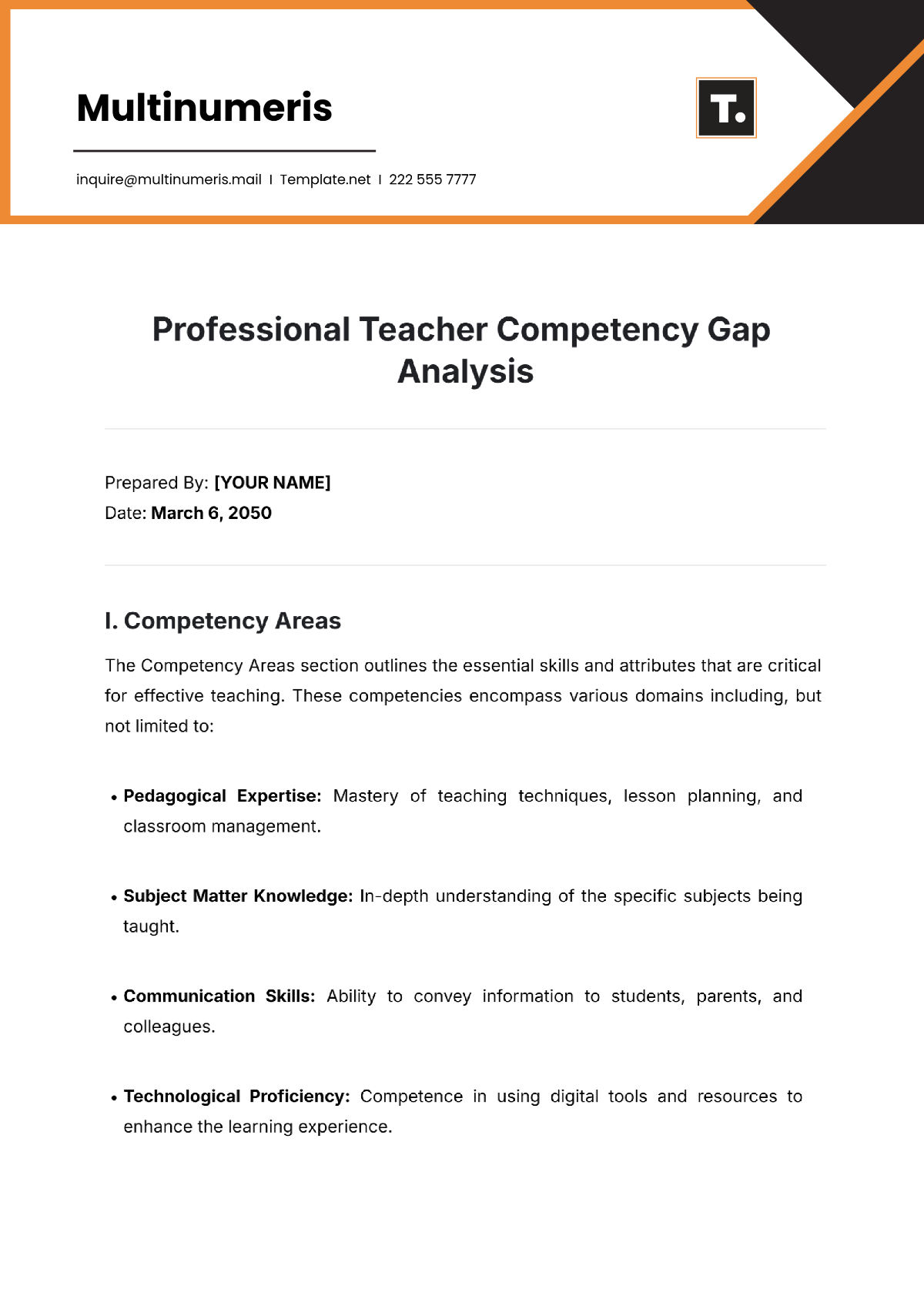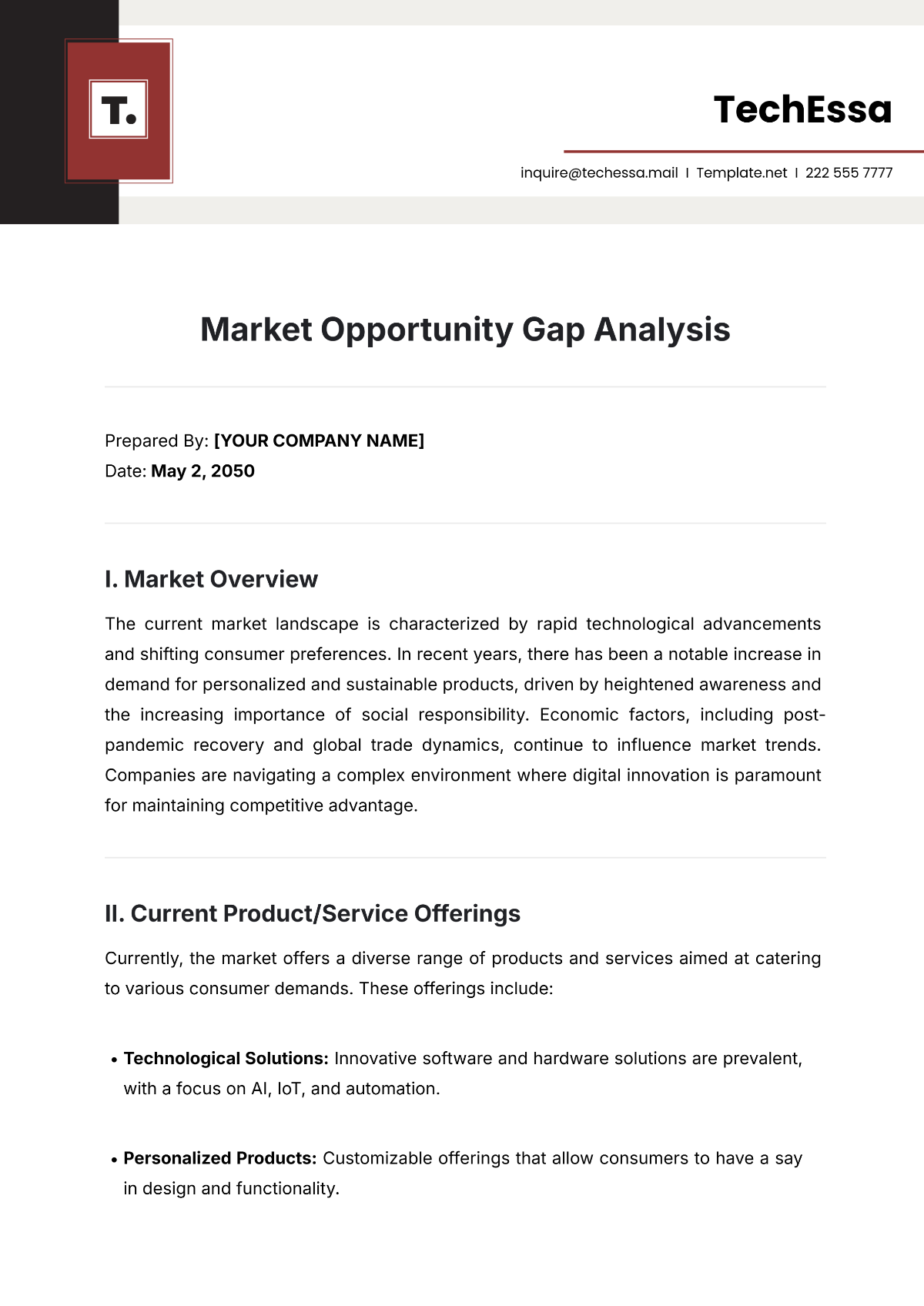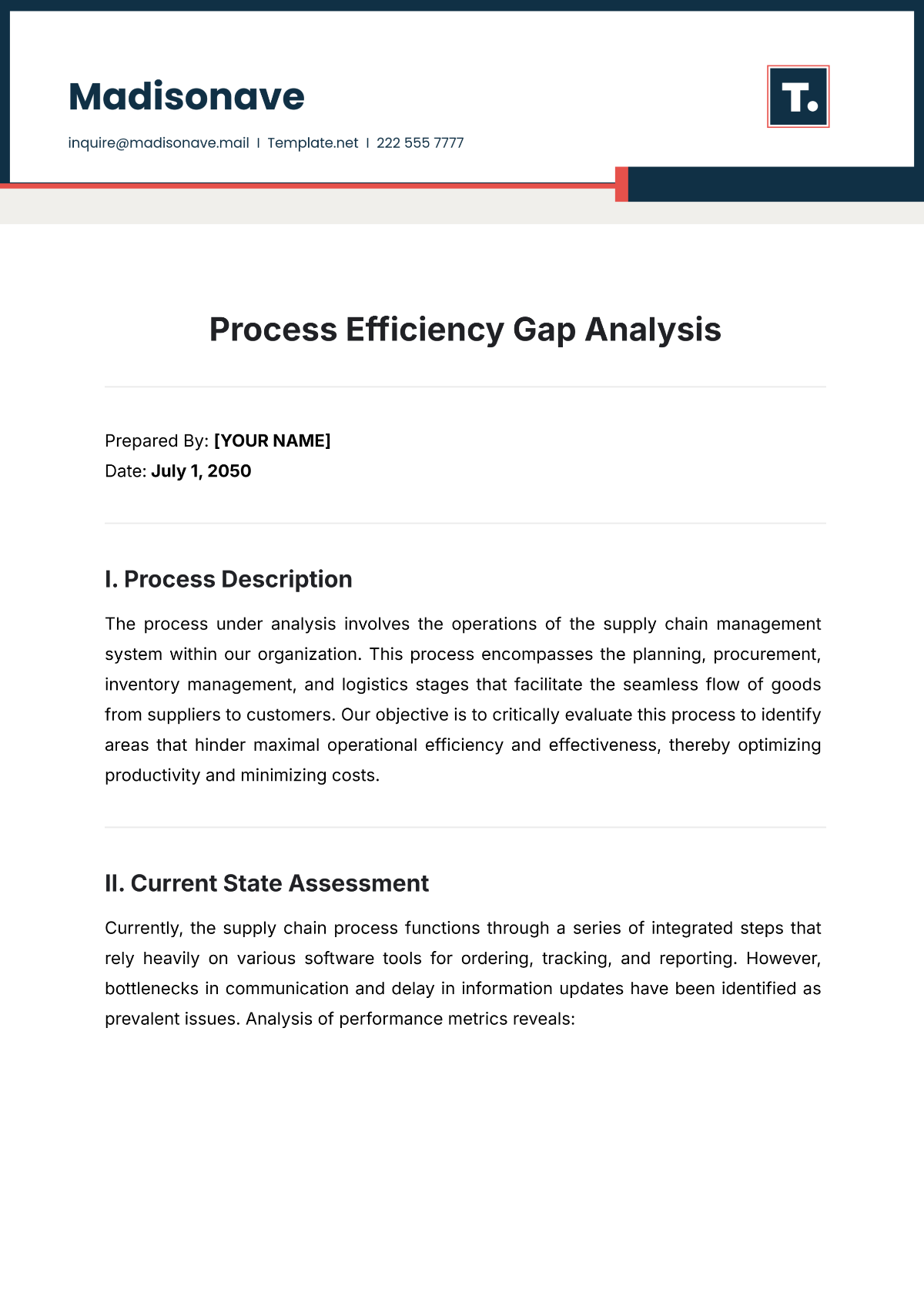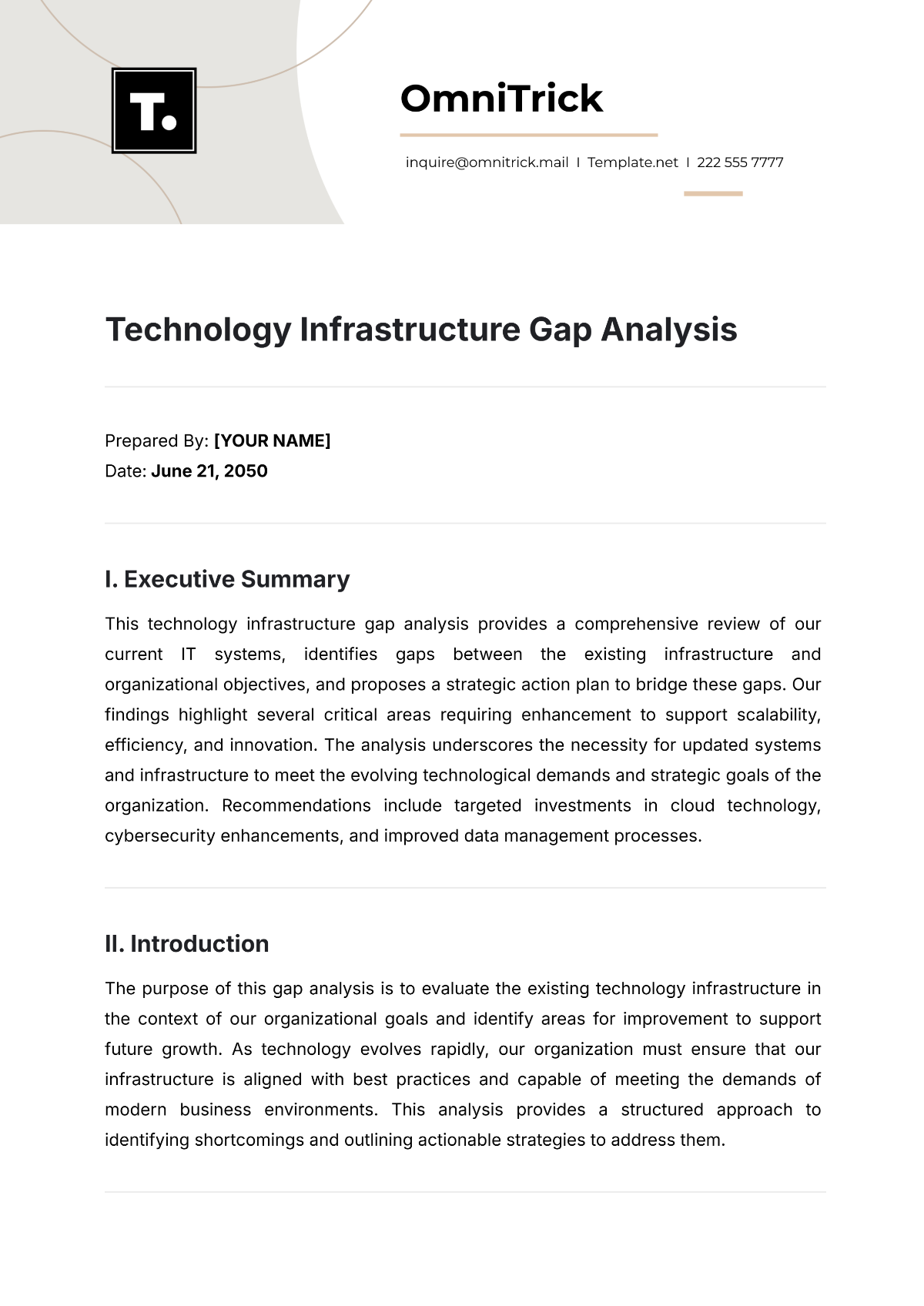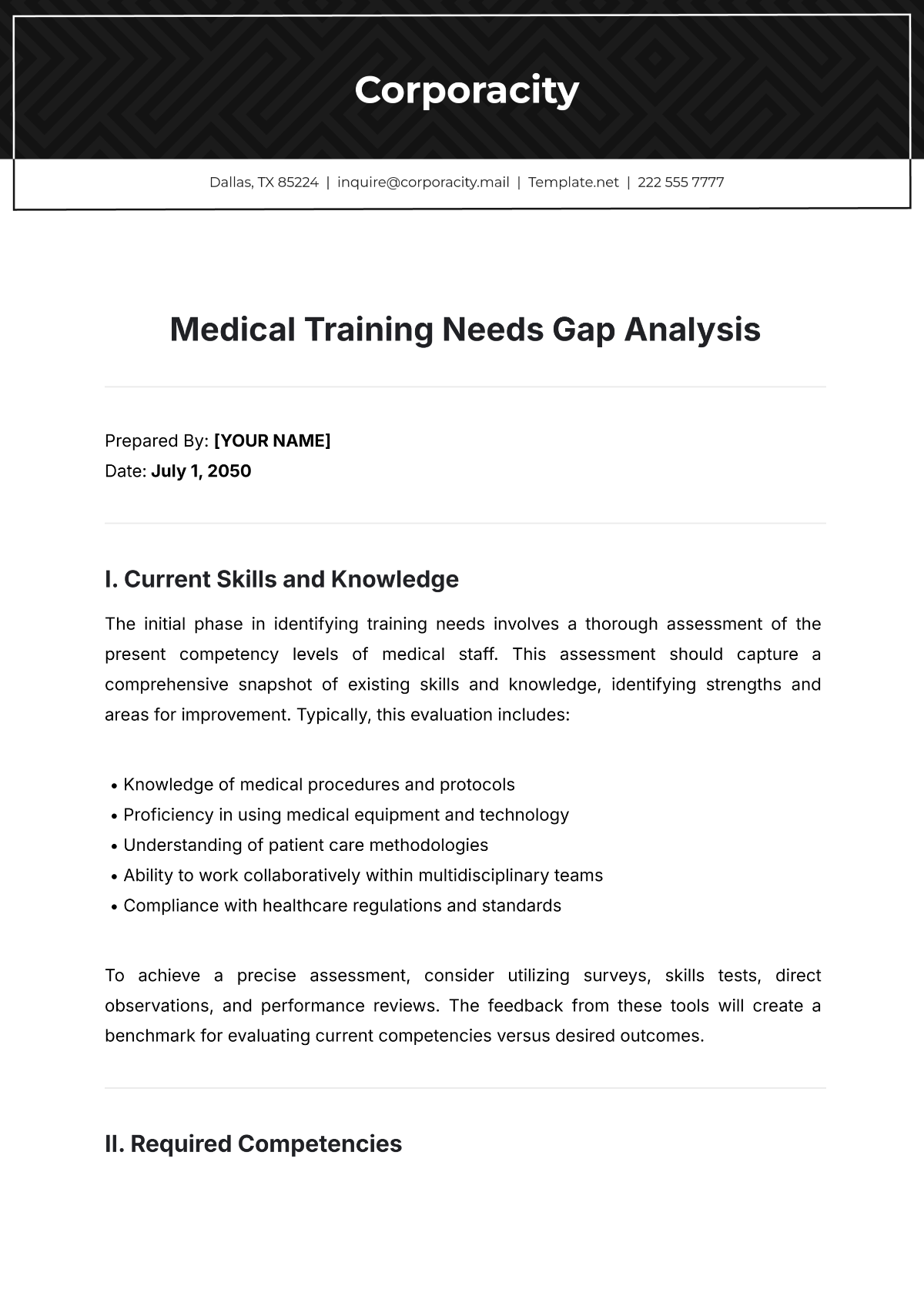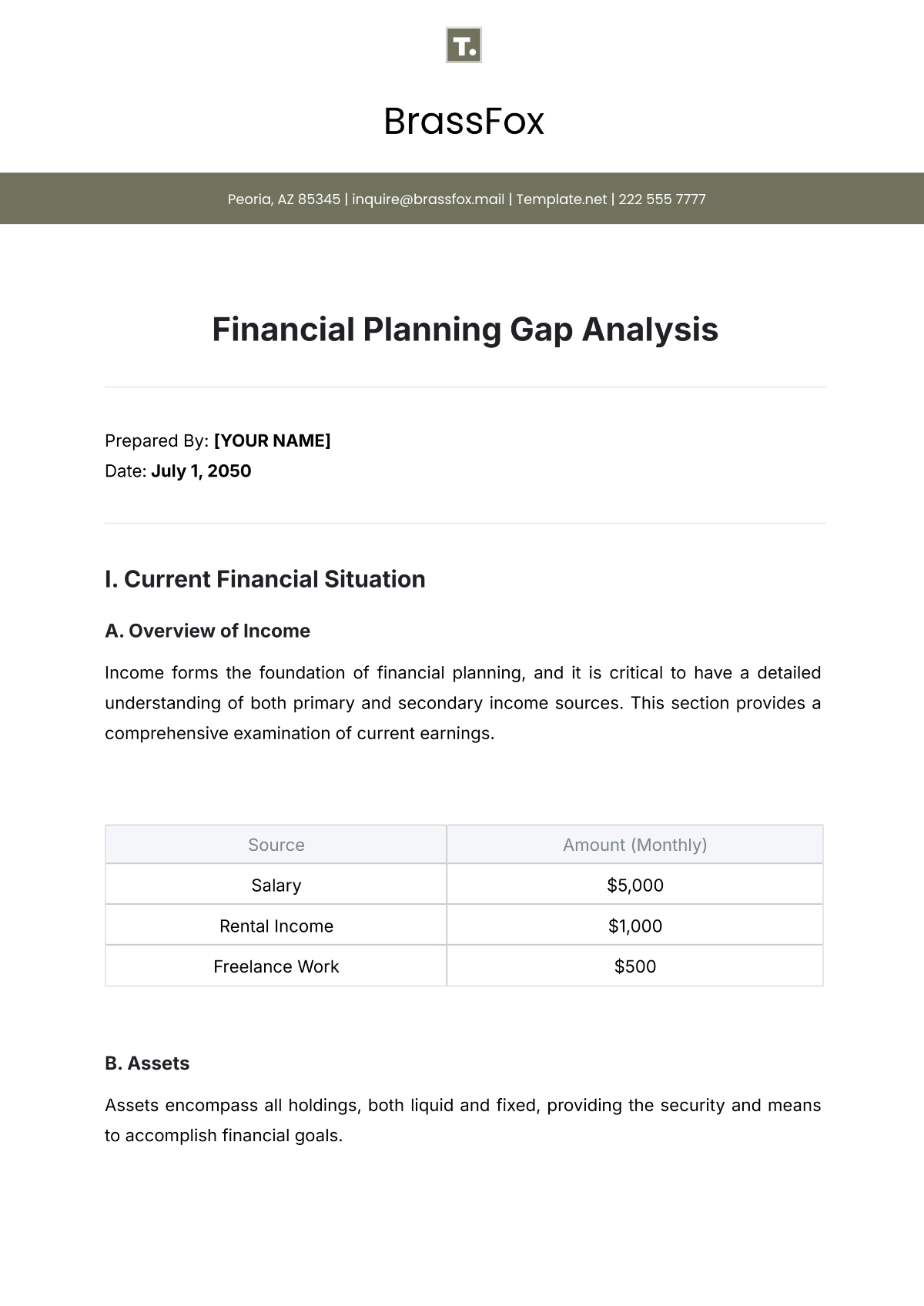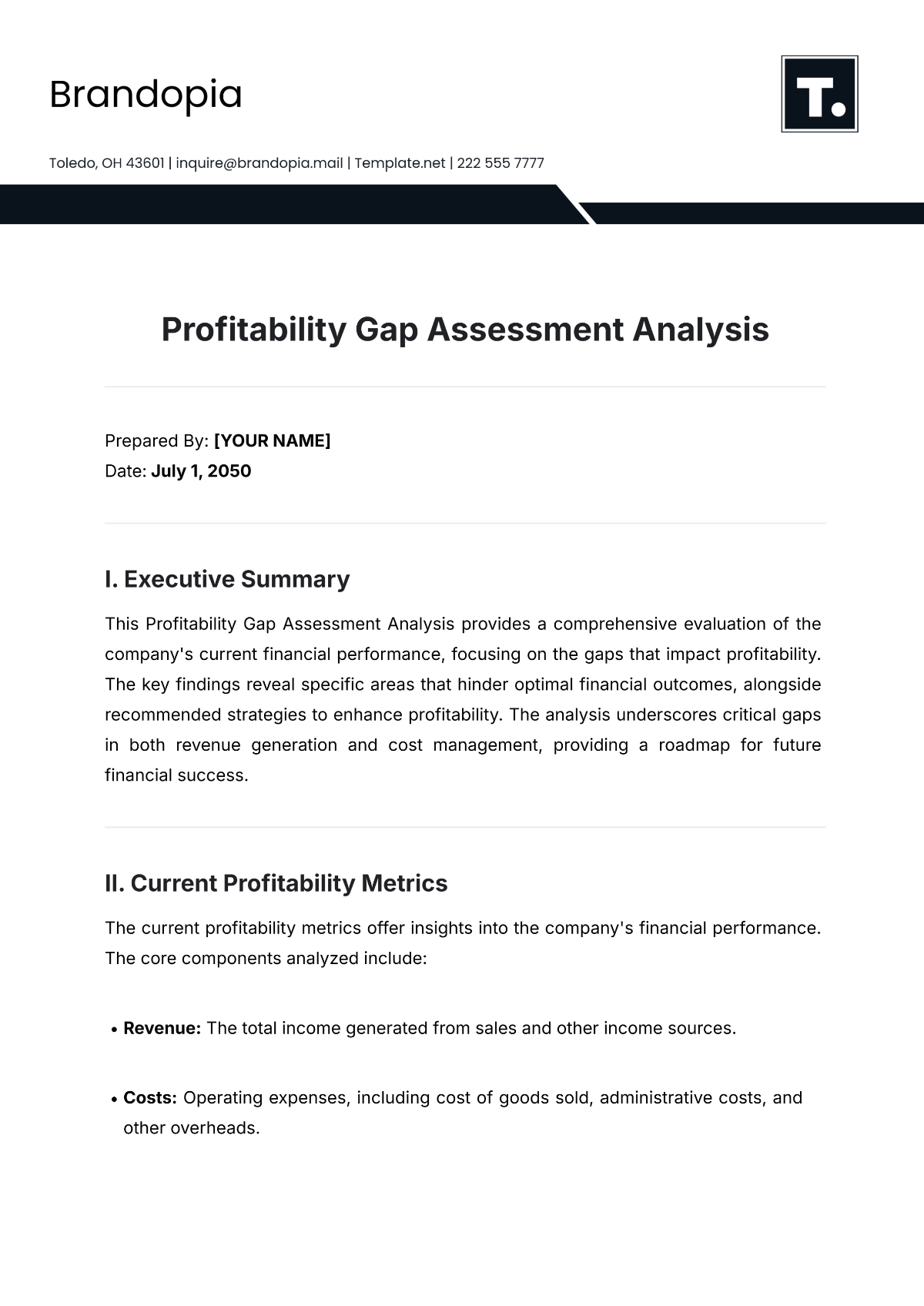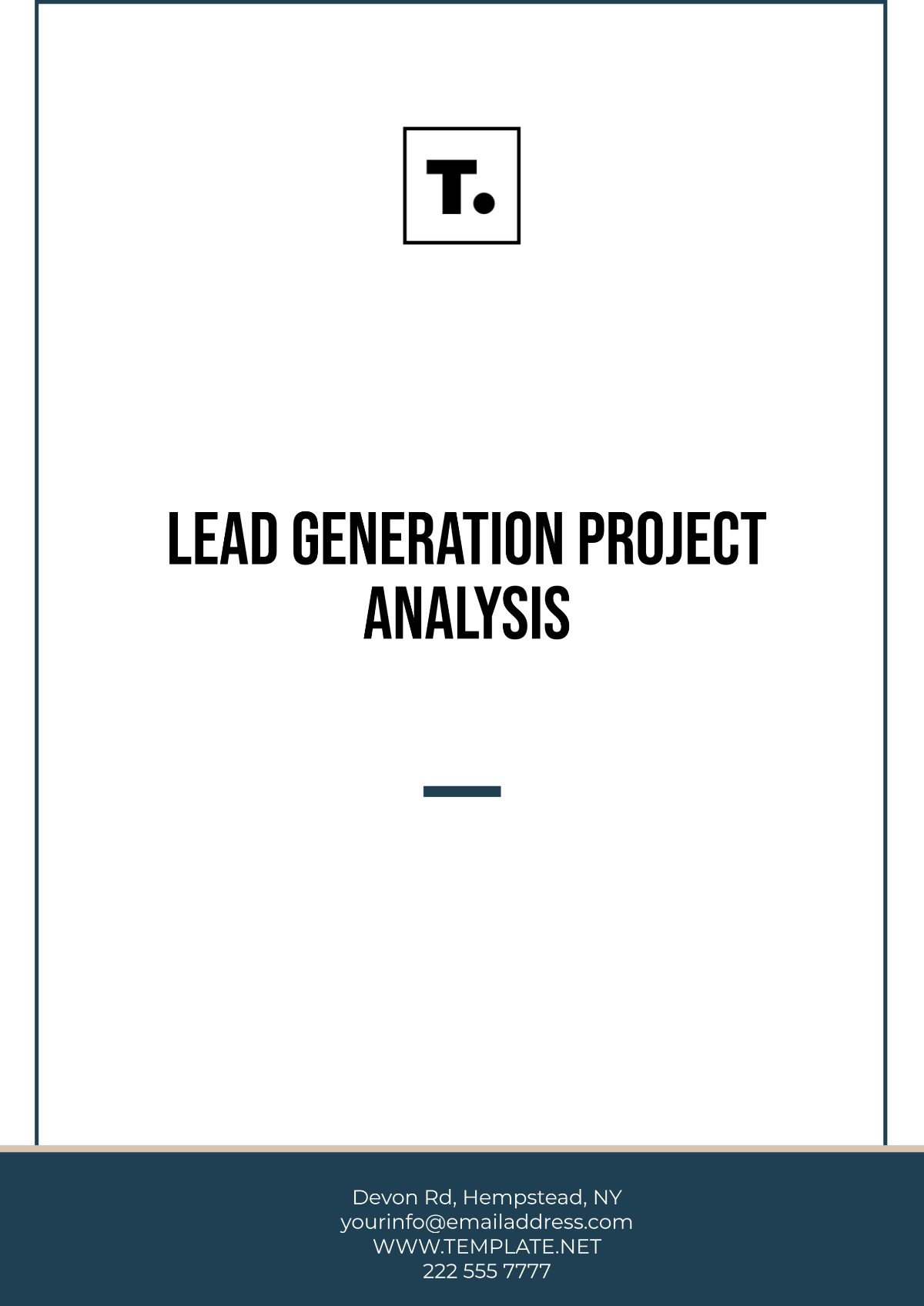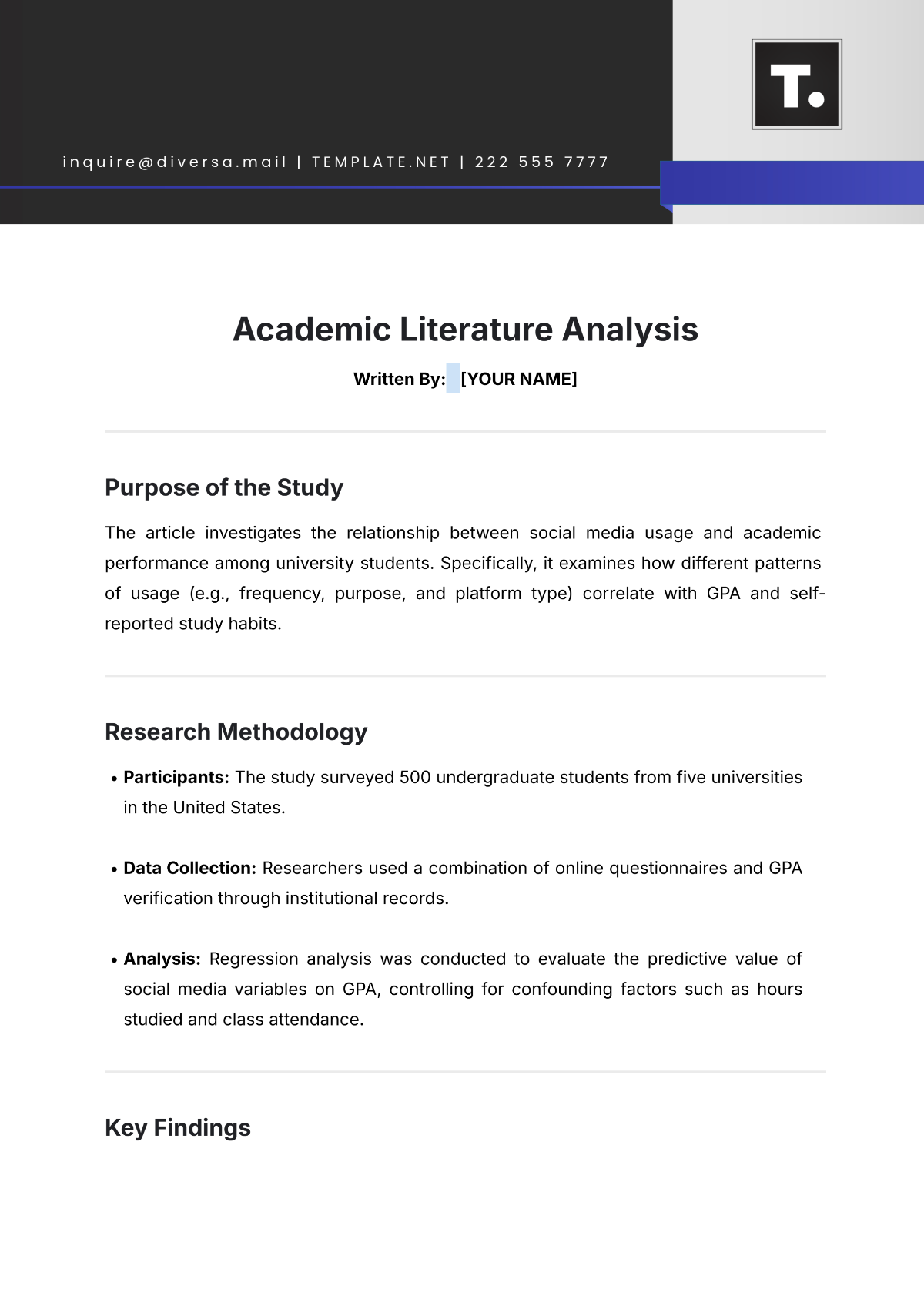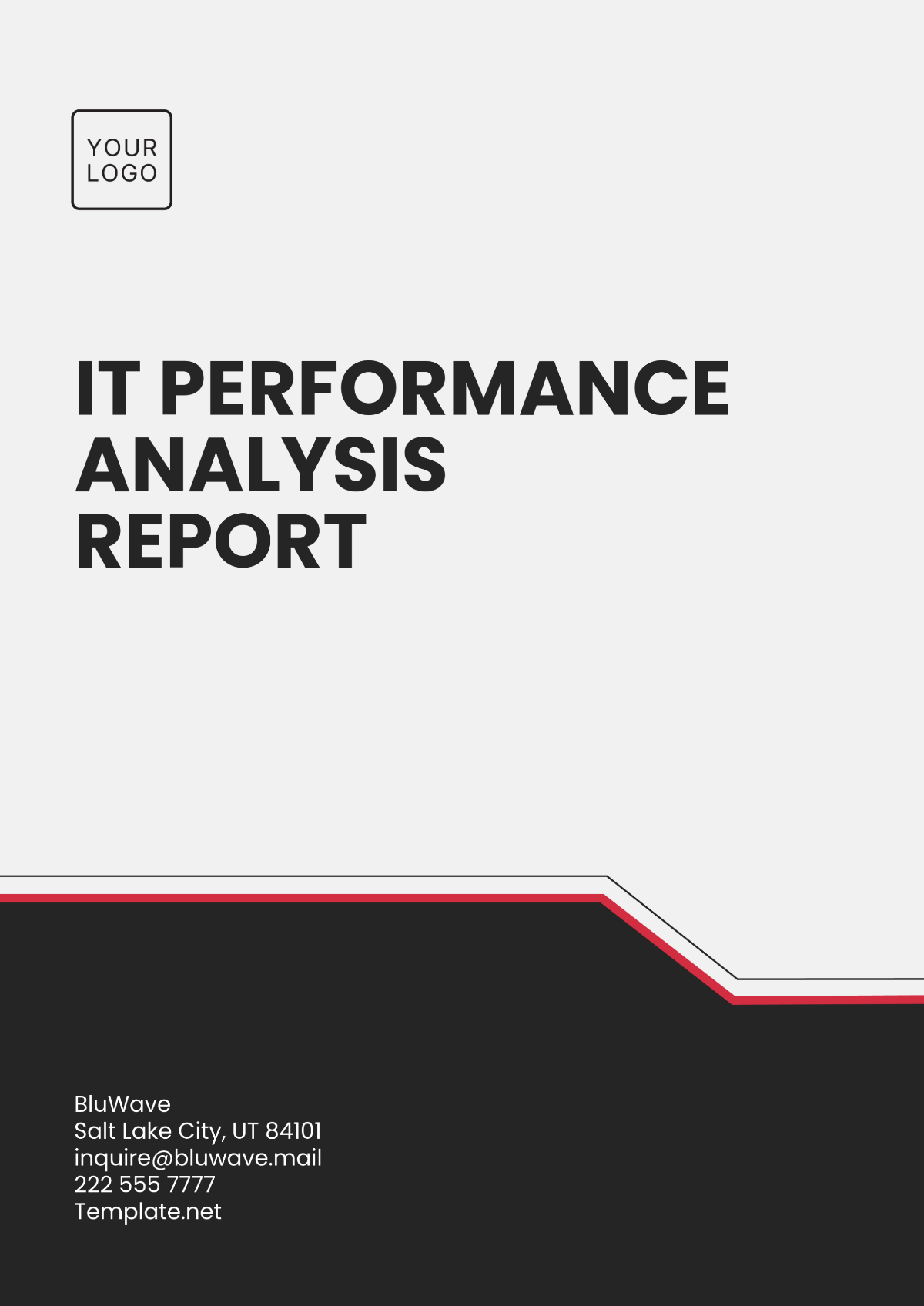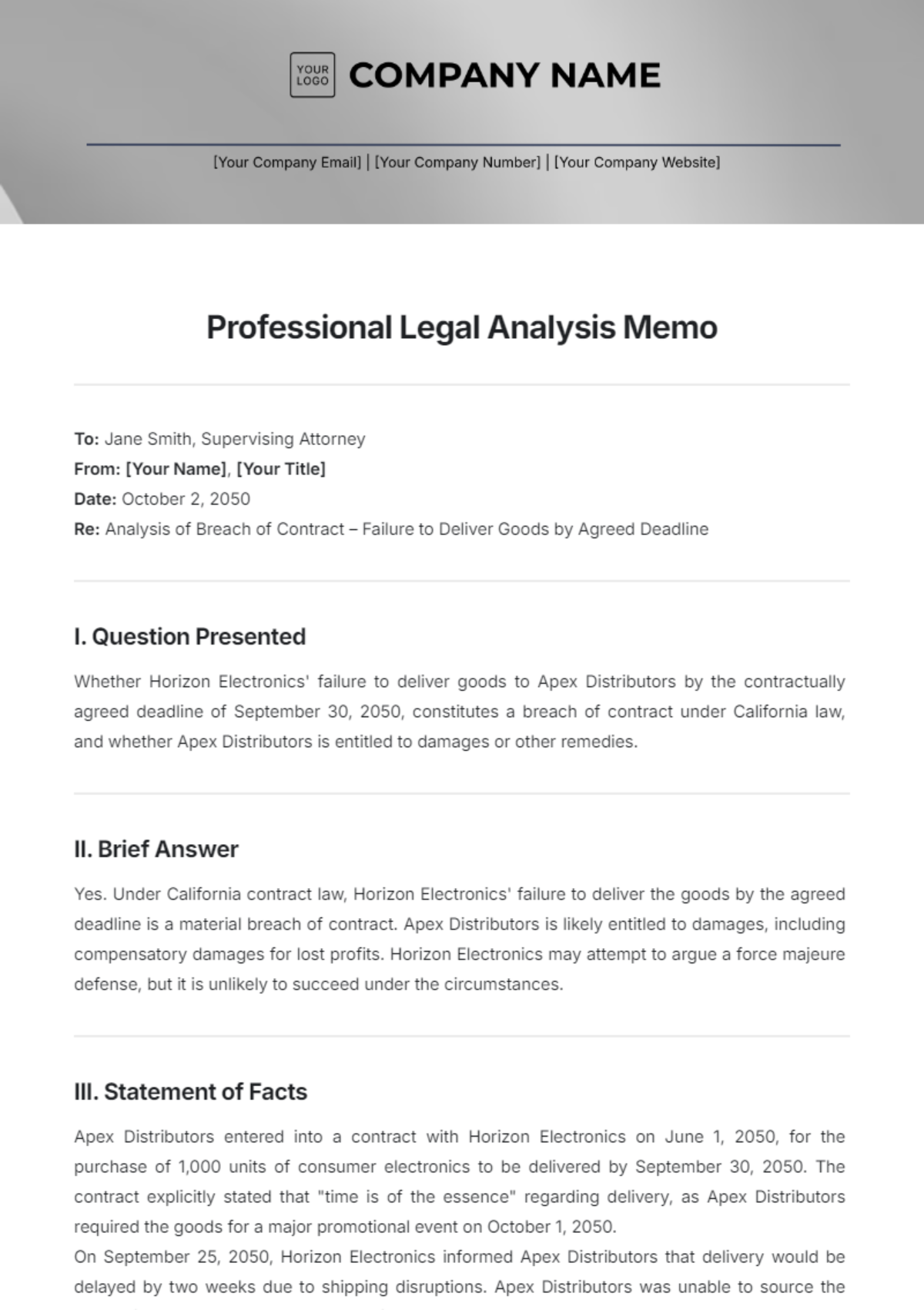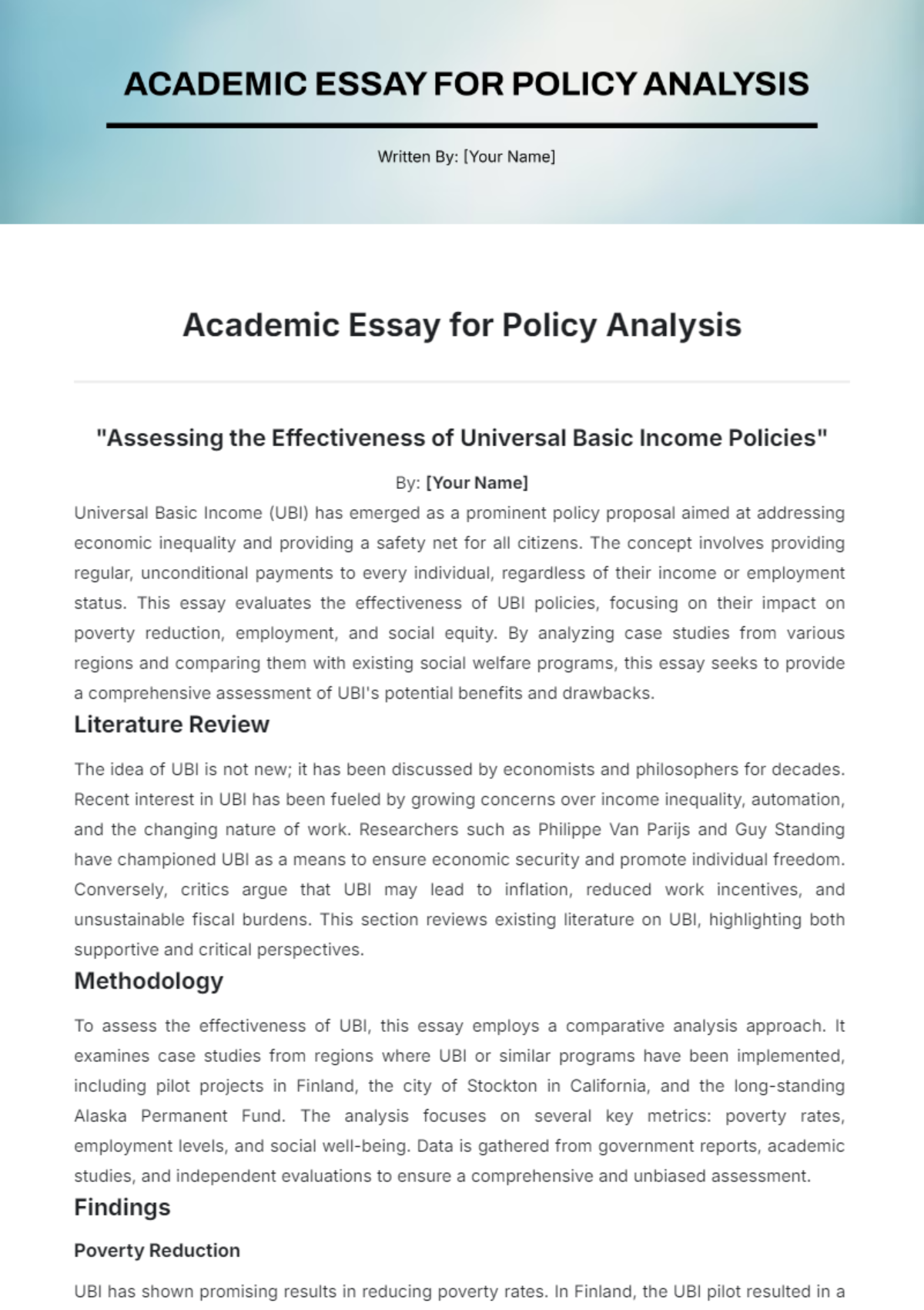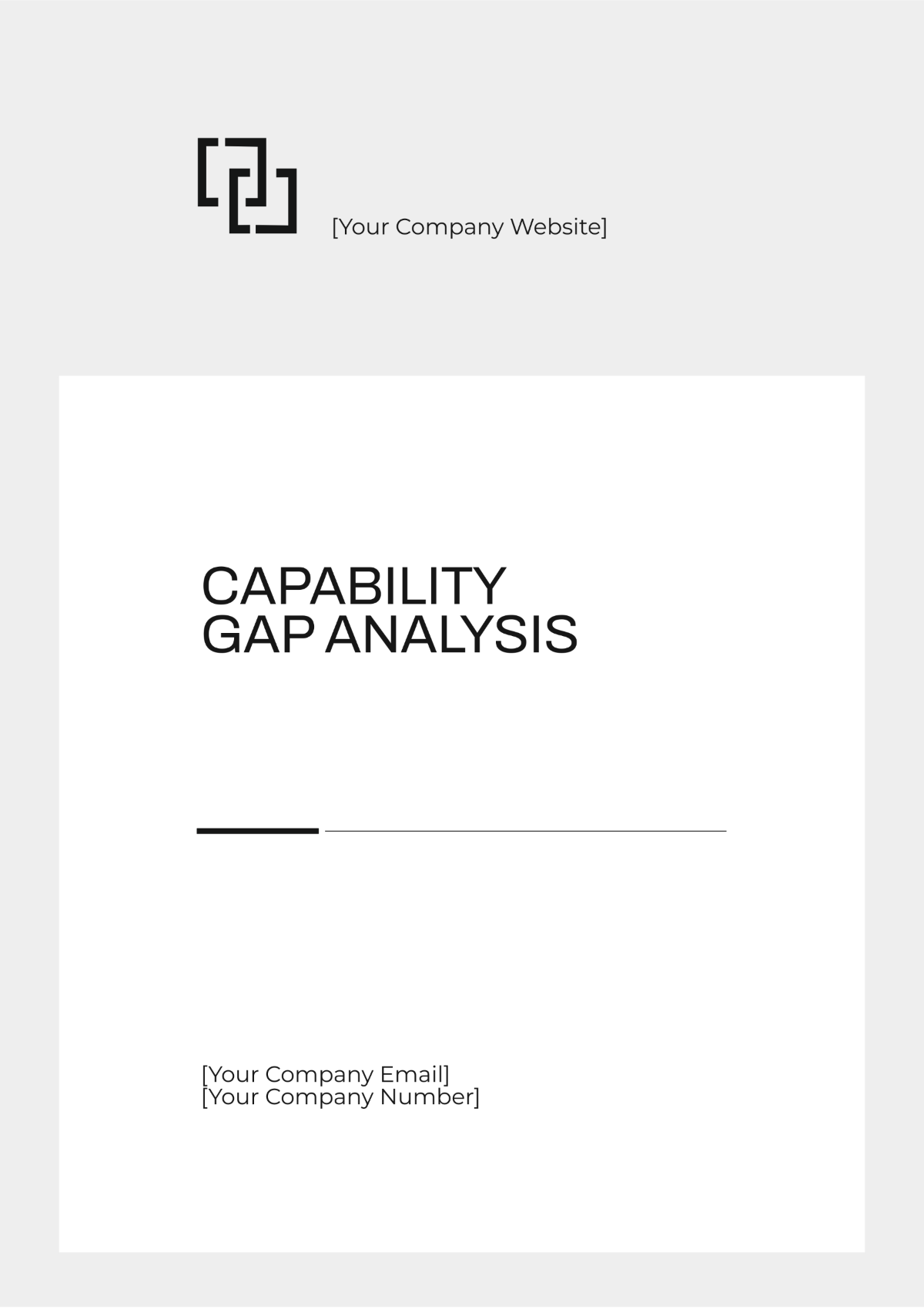Annual Bonus and Increment Analysis HR
Executive Summary
This document presents a comprehensive analysis of our annual bonus and increment strategy, designed to align our compensation practices with organizational goals, market competitiveness, and individual performance. Through an in-depth evaluation of current compensation structures, market trends, and our financial health, we aim to propose adjustments that are both fair and motivating for our employees. Our analysis reveals opportunities to enhance our reward system, ensuring it remains competitive and sustainable while supporting our strategic objectives. Key recommendations include a targeted bonus distribution aligned with individual and team performance outcomes, and a structured approach to salary increments that reflects both market standards and internal equity. Implementing these recommendations will require careful consideration of budget allocations and the potential impact on our financial stability. Ultimately, our goal is to maintain a motivated workforce committed to achieving excellence, thereby fostering organizational growth and success.
Introduction
The objective of our Annual Bonus and Increment Analysis is to systematically evaluate and adjust our compensation strategies to ensure they effectively attract, retain, and motivate our employees. In today's competitive job market, it's crucial that our compensation packages not only reflect the value we place on our employees' contributions but also remain aligned with industry standards and our organizational performance. This analysis is grounded in a thorough understanding of our current compensation structure, an assessment of external market trends, and a review of our overall financial and operational achievements. By adopting a structured approach to our compensation adjustments, we aim to enhance job satisfaction, promote loyalty, and drive our team towards achieving key business objectives. Through this document, we will outline the processes and criteria that underpin our decisions regarding annual bonuses and increments, ensuring transparency and fairness in how we reward our employees.
Current Compensation Structure
Our current compensation framework is designed to offer a competitive base salary complemented by performance-related bonuses and annual salary increments. This structure is tailored to recognize and reward both individual achievements and contributions to our organizational goals. Eligibility for bonuses and increments is determined by a combination of factors including job grade, performance ratings, and tenure with the organization. This approach ensures that our compensation packages are equitable, motivating, and aligned with our strategic objectives, thereby fostering a culture of excellence and commitment.
Criteria for Eligibility | Description |
Job Grade | Determines the base salary range and maximum bonus potential. |
Performance Rating | Annual performance reviews assess eligibility for bonuses and the rate of salary increment. |
Tenure | Employees must complete a minimum period of service (e.g., 6 months) to be eligible for increments. |
Organizational Goals | Contribution towards achieving key organizational targets can enhance bonus eligibility. |
Market and Internal Performance Analysis
A thorough analysis of market compensation trends and our internal performance is crucial to ensure our compensation packages remain competitive and aligned with our strategic goals. The current market trends indicate a shift towards more flexible compensation structures, with an increasing emphasis on performance-based bonuses and non-monetary benefits to attract and retain talent.
Analysis of Current Market Compensation Trends
The compensation landscape is evolving, with a notable increase in remote work arrangements leading to adjustments in pay scales, especially in sectors where remote work is feasible. Additionally, there's a growing trend towards offering comprehensive wellness programs and flexible working hours as part of the overall compensation package, reflecting a broader definition of what constitutes competitive remuneration.
Organizational Performance Against Set Targets
Performance Indicator | Target | Actual Performance | Achievement (%) |
Revenue Growth | 10% | 8% | 80% |
Customer Satisfaction | 90% | 92% | 102% |
Product Launches | 4 | 3 | 75% |
Operational Efficiency | +5% | + 3% | 60% |
Comparison of Individual Performance Metrics
Performance Metric | Average Score | Top Performers | Improvement Needed |
Sales Targets | 85% | 95%+ | <70% |
Project Completion | 90% | 100% | <80% |
Customer Feedback | 88% | 95%+ | <75% |
Innovation Contributions | High | Very High | Moderate to Low |
This analysis reveals that while we are close to meeting our revenue and operational efficiency targets, there's room for improvement in product launches and enhancing our overall performance. The data also highlights the need to adjust our compensation strategy to not only reward top performers but also to motivate those requiring improvement, ensuring alignment with both market trends and our internal performance metrics.
Bonus and Increment Determination Process
The process for determining bonuses and salary increments is carefully structured to ensure it is both transparent and directly correlated with individual performance, organizational achievements, and market competitiveness. This approach allows us to reward outstanding contributions and ensure our compensation packages remain attractive and fair. We employ a multifaceted evaluation system that considers a variety of factors, ensuring that bonuses and increments reflect our strategic priorities and financial capabilities.
Criteria for Determination | Description |
Individual Performance | Evaluated through annual performance reviews, focusing on achievements, competencies, and contributions. |
Organizational Performance | Based on the achievement of key financial and strategic targets set at the beginning of the fiscal year. |
Market Competitiveness | Adjustments made in response to market salary trends to ensure our compensation remains competitive. |
Position in Pay Range | Consideration of where an employee's current salary sits within the market and internal pay range for their role. |
Budget Availability | The overall budget allocated for bonuses and increments, ensuring financial sustainability. |
Financial Implications
Implementing the proposed bonus and increment adjustments requires a thorough understanding of the financial implications. A dedicated budget allocation ensures that our compensation strategy is sustainable and aligns with our financial planning and organizational goals. Below is the budget allocation for this cycle:
Item | Allocation (%) | Amount ($) |
Total Compensation Budget | 100% | 5,000,000 |
Allocated to Bonuses | 20% | 1,000,000 |
Allocated to Increments | 10% | 500,000 |
The proposed allocation towards bonuses and increments represents a significant investment in our workforce, acknowledging their hard work and dedication. The allocation of 20% of the total compensation budget to bonuses allows us to reward exceptional individual and team performance effectively. Meanwhile, dedicating 10% to salary increments ensures our pay scales remain competitive and equitable, addressing market trends and individual performance outcomes.
This strategic distribution is expected to enhance employee satisfaction and retention significantly, fostering a motivated workforce aligned with our organizational goals. However, it's imperative to monitor the financial health continuously and adjust our compensation strategy as necessary to maintain balance between rewarding employees and ensuring long-term financial sustainability. By doing so, we affirm our commitment to being an employer of choice while prudently managing our resources.
Eligibility Criteria
To ensure fairness and transparency in the distribution of bonuses and increments, specific eligibility criteria have been established. These criteria are designed to objectively assess which employees qualify for additional compensation based on their contributions to our organization's success. By setting clear eligibility guidelines, we aim to foster a culture of meritocracy, where hard work and achievement are recognized and rewarded.
Criteria | Description |
Tenure | Employees must have been with the organization for a minimum of one year. |
Performance Rating | Employees with a performance rating of 'Meets Expectations' or above are eligible. |
Position Type | Full-time and part-time positions are eligible, with prorated amounts for part-time. |
Exclusion Criteria | Temporary, contract, and employees under disciplinary review are not eligible. |
Distribution Strategy
Our strategy for distributing bonuses and salary increments is structured to ensure timely and equitable compensation adjustments across the organization. This strategy involves a phased approach, with specific timelines for each stage of the process, from performance evaluations to the actual disbursement of bonuses and increments.
Step | Month |
Performance Evaluations Completed | March |
Bonus and Increment Calculations | April |
Announcement to Employees | May |
Disbursement of Bonuses | June |
Adjustment of Salaries | July |
Evaluation and Feedback
The evaluation and feedback phase is critical for assessing the effectiveness of our bonus and increment distribution strategy. It involves gathering insights from employees regarding their perceptions of the fairness and impact of the compensation adjustments. This process not only helps in gauging employee satisfaction but also in identifying areas for improvement. Feedback will be collected through surveys and focus groups, allowing us to make data-driven decisions to enhance our compensation practices further.
Policy Review and Updates
The annual bonus and increment policy is subject to regular review and updates to ensure it remains aligned with our organizational goals, market dynamics, and financial capabilities. This review process, conducted by HR in collaboration with senior management, will take into account the latest market research, feedback from employees, and financial analyses. Any changes to the policy will be communicated clearly to all employees, ensuring transparency and maintaining trust in our compensation strategies. Through continuous refinement of our policies, we aim to sustain a competitive, fair, and motivating compensation system that supports our most valuable asset—our employees.
